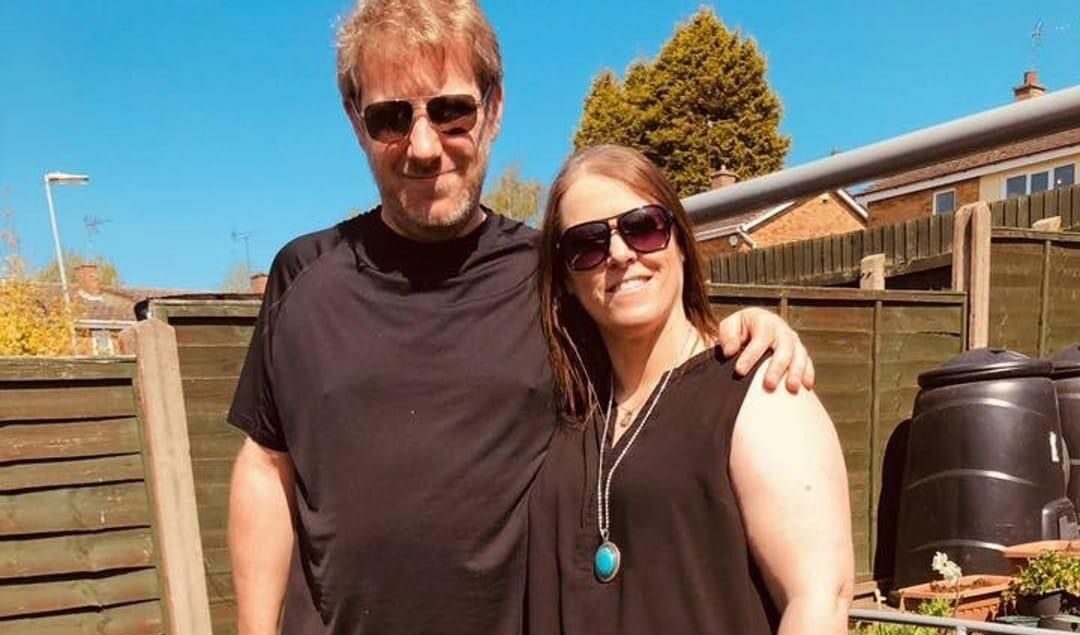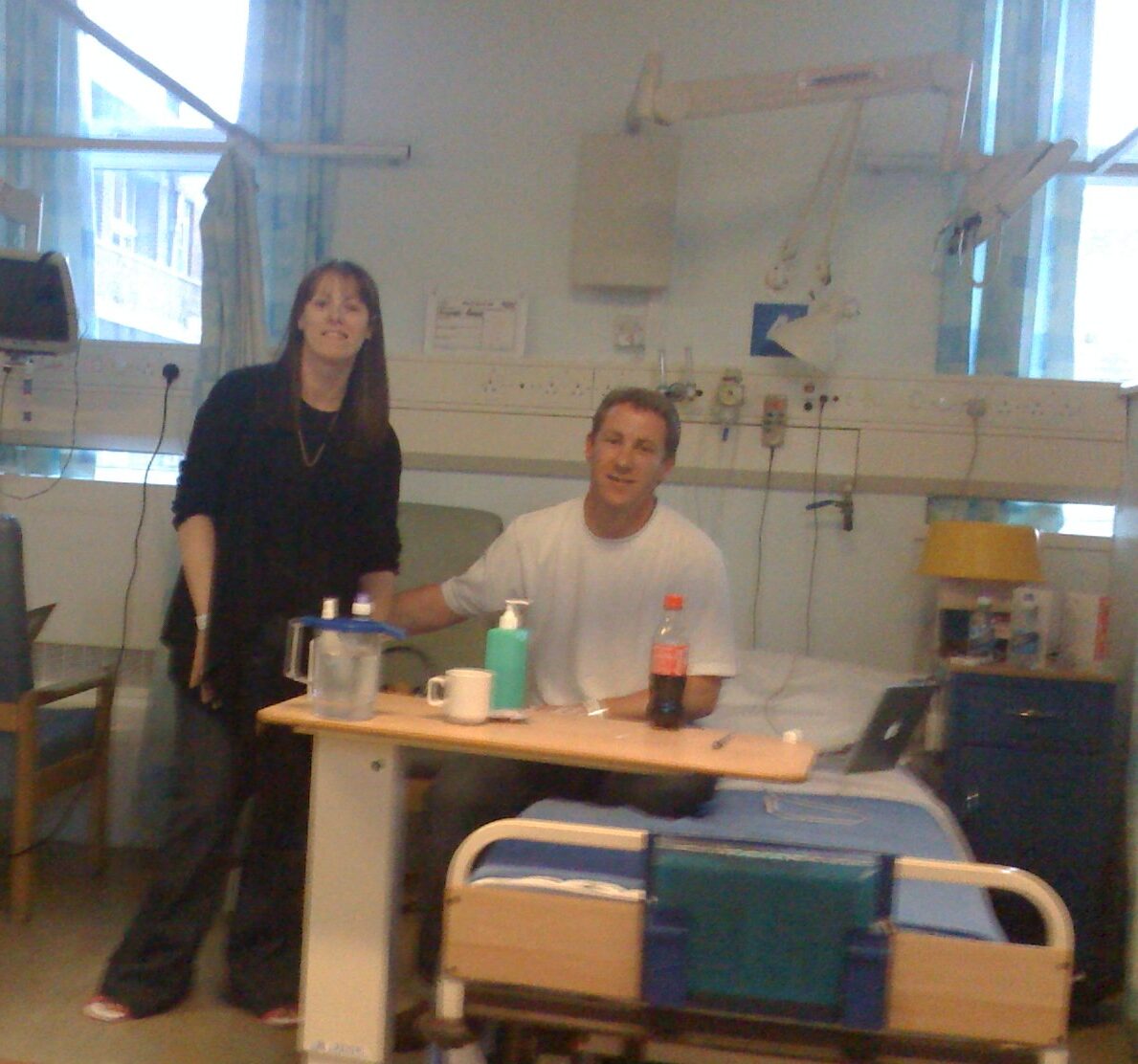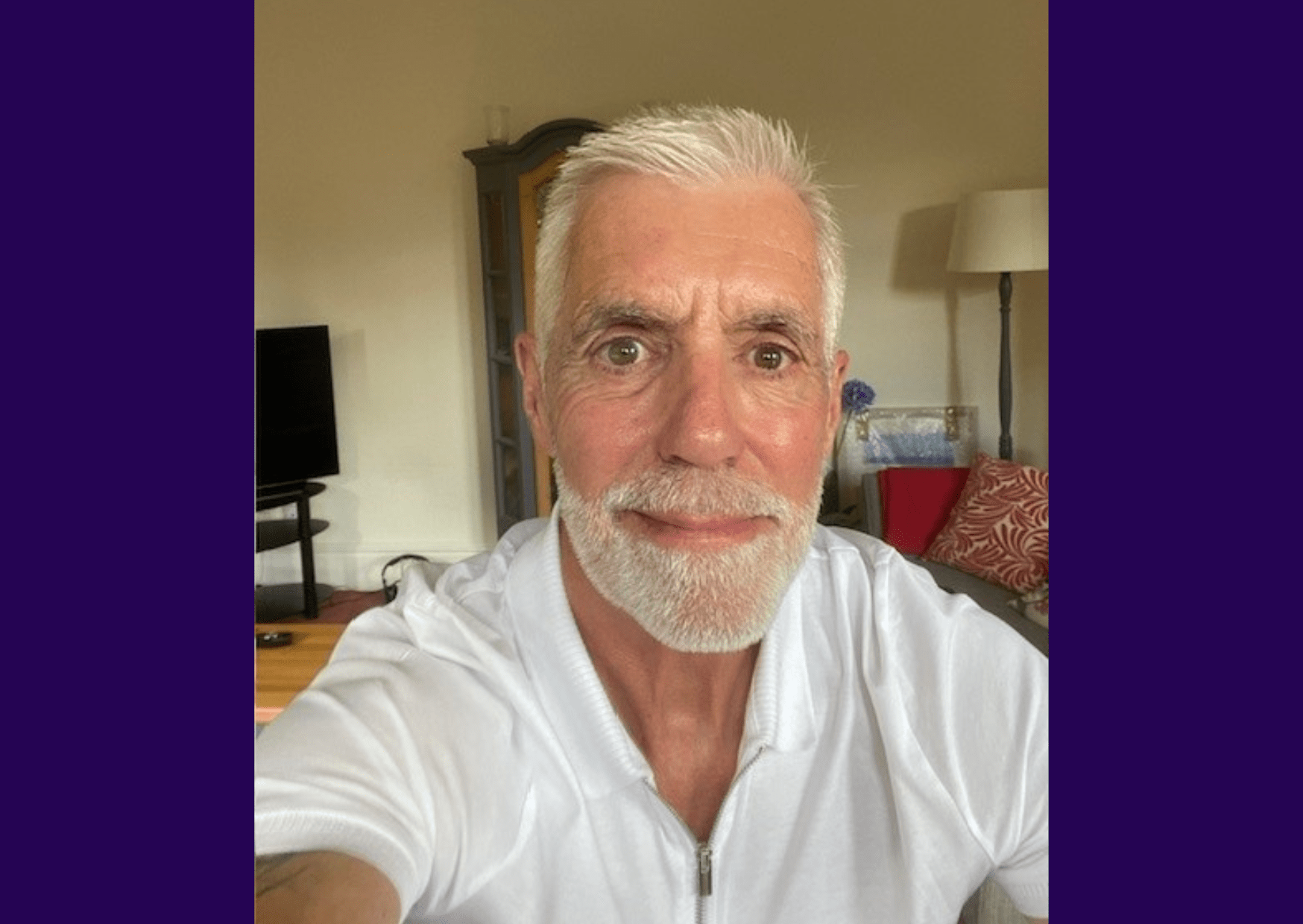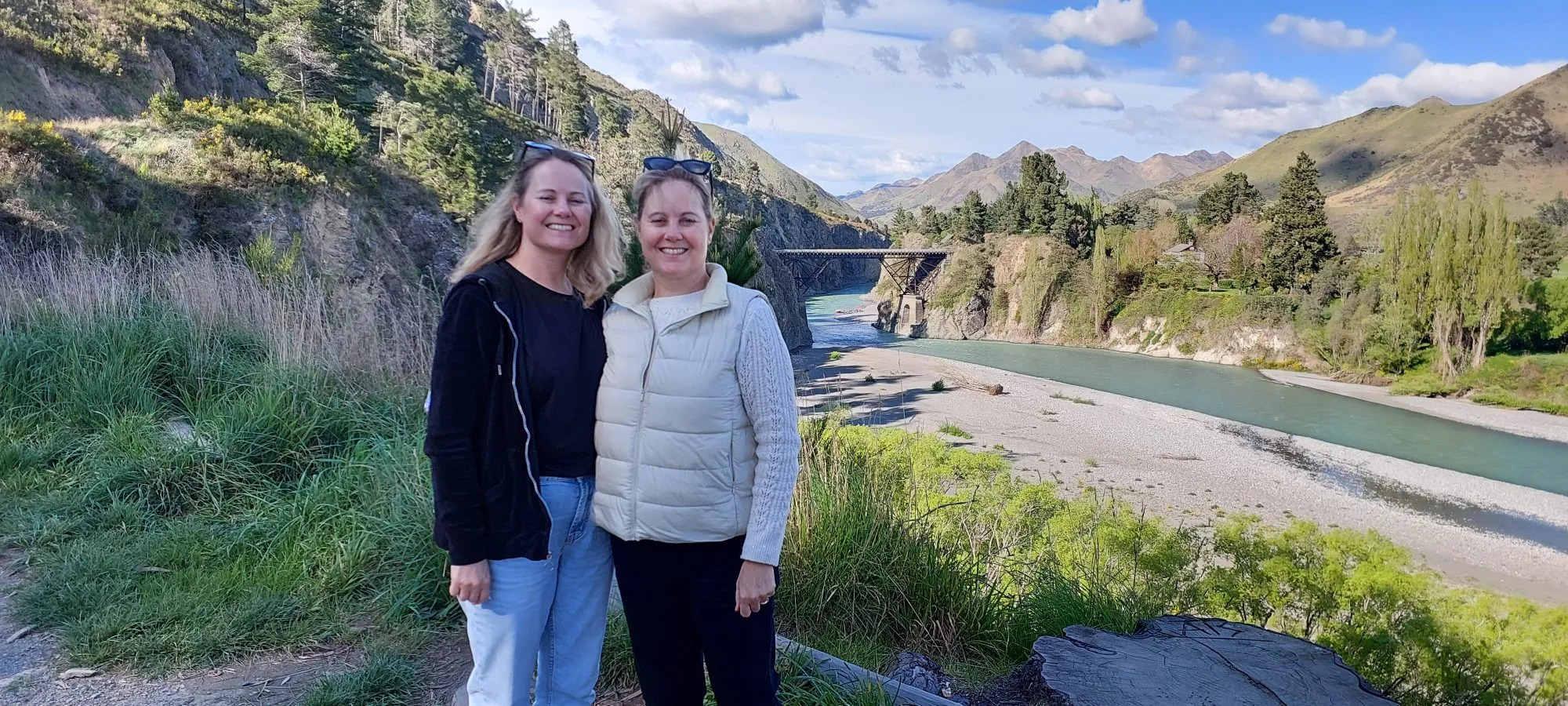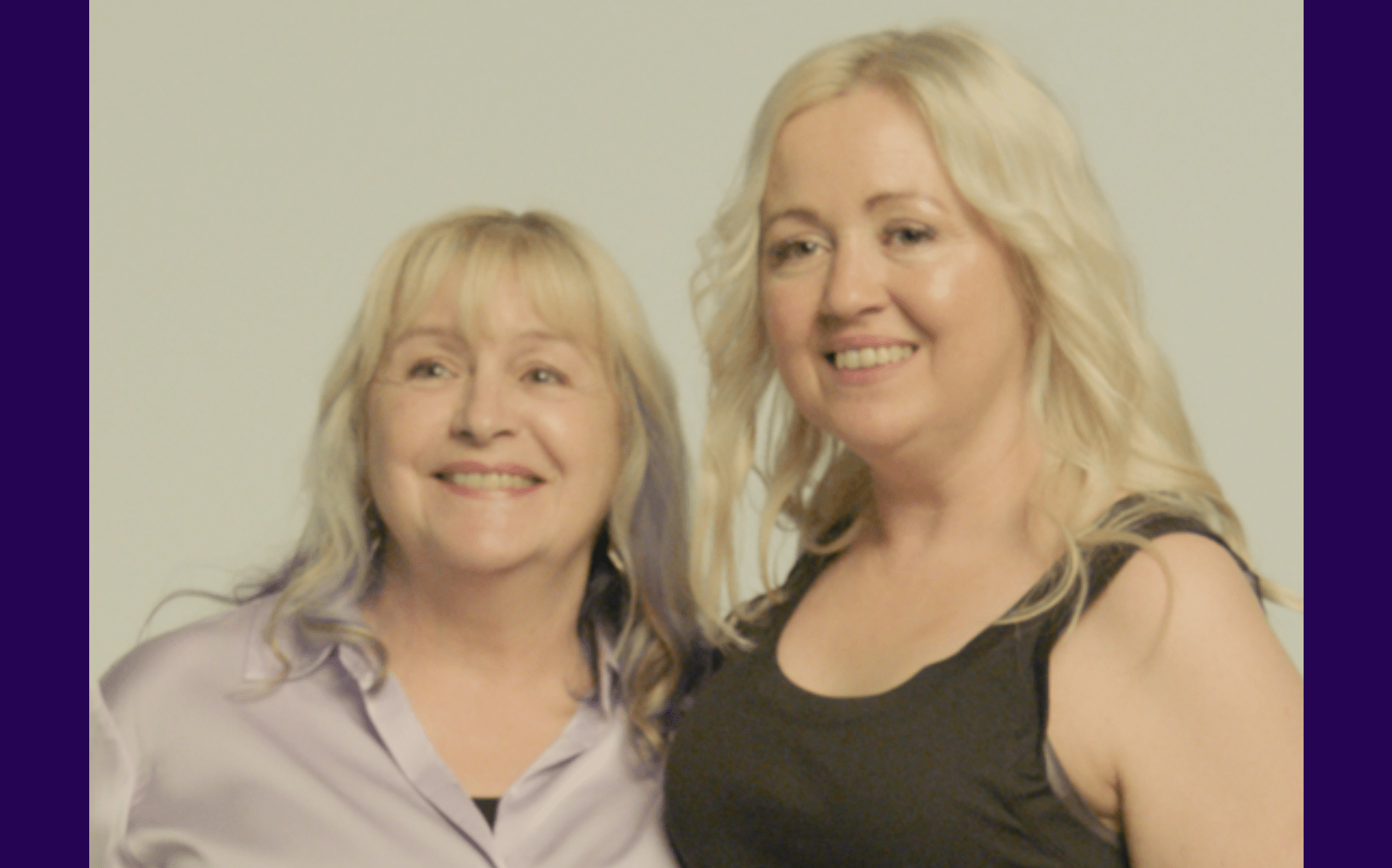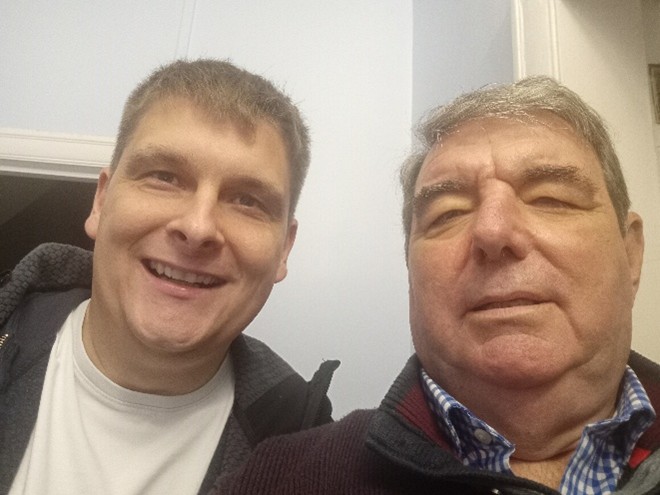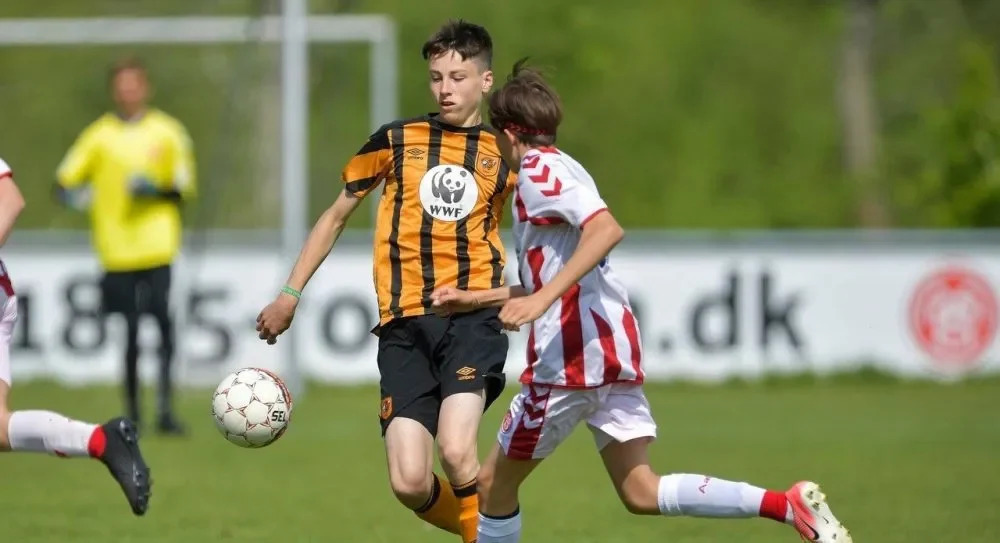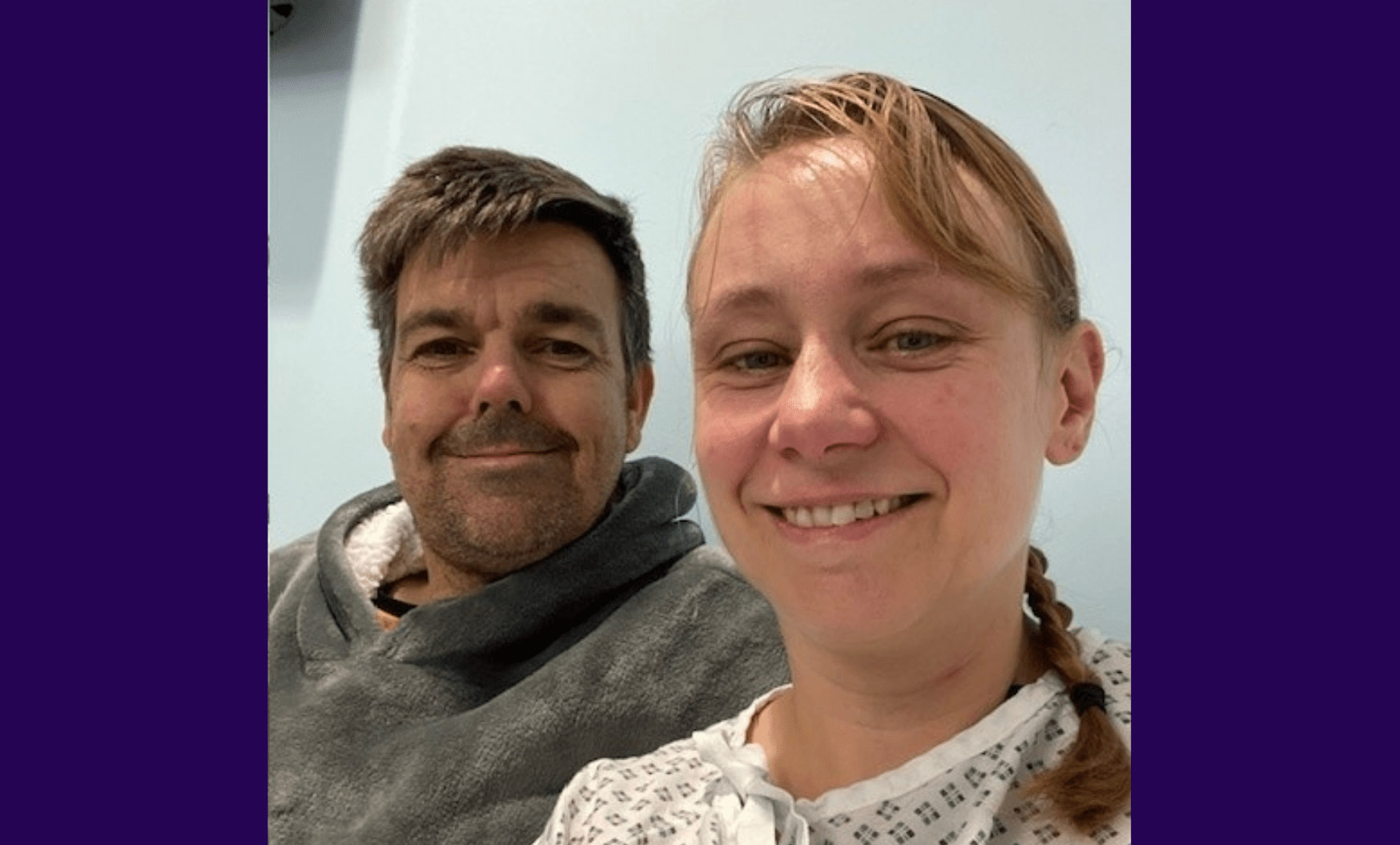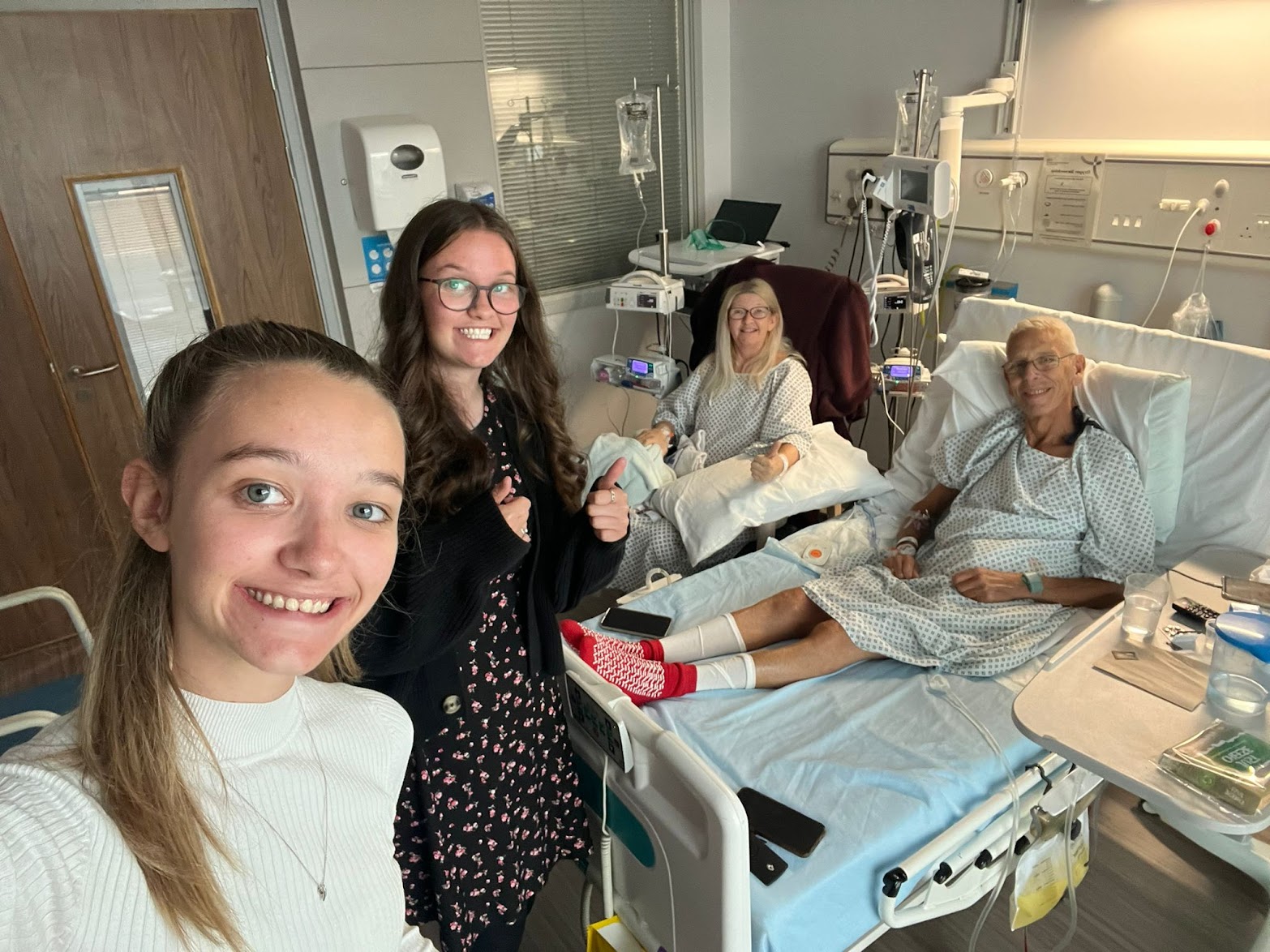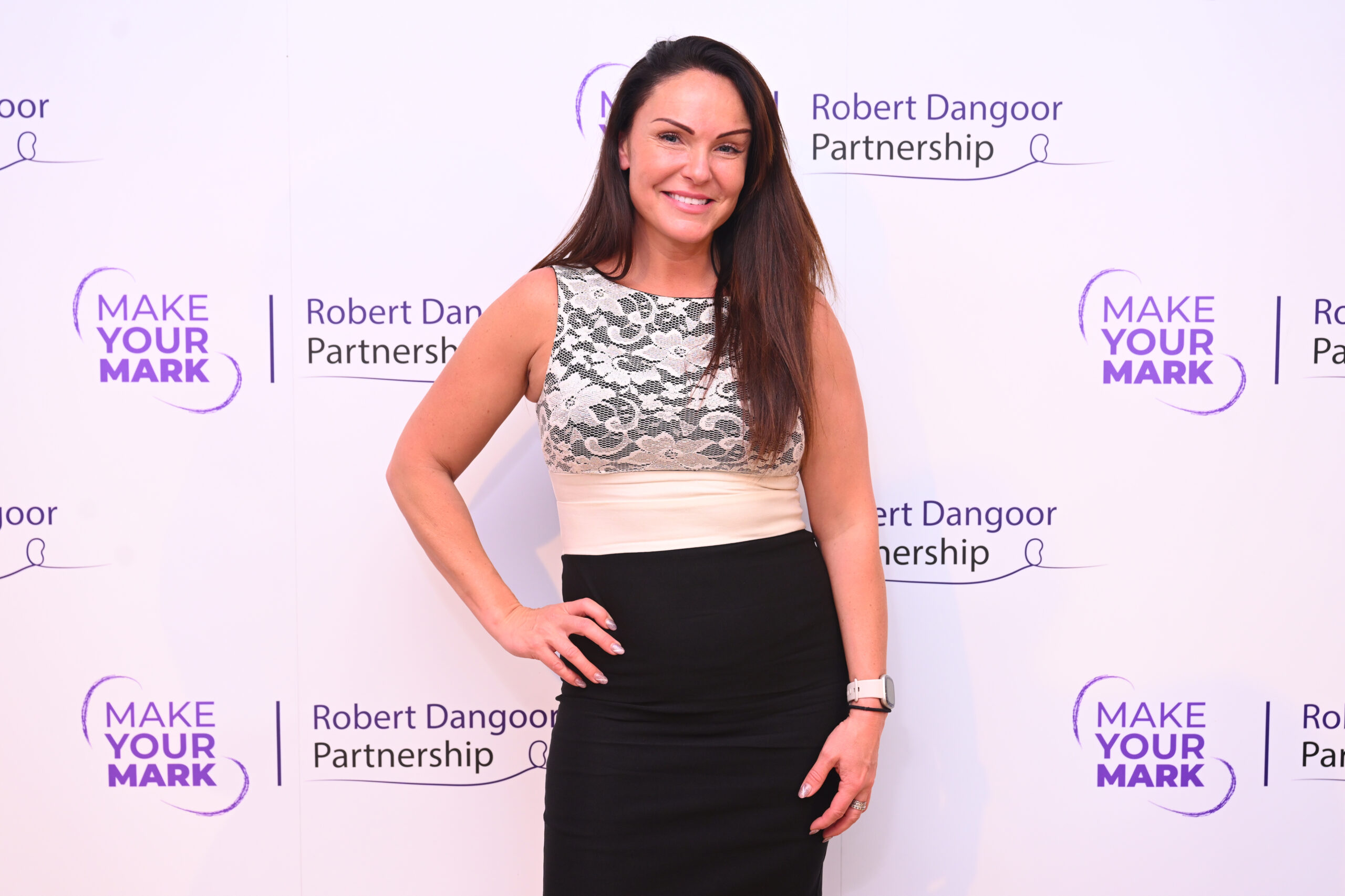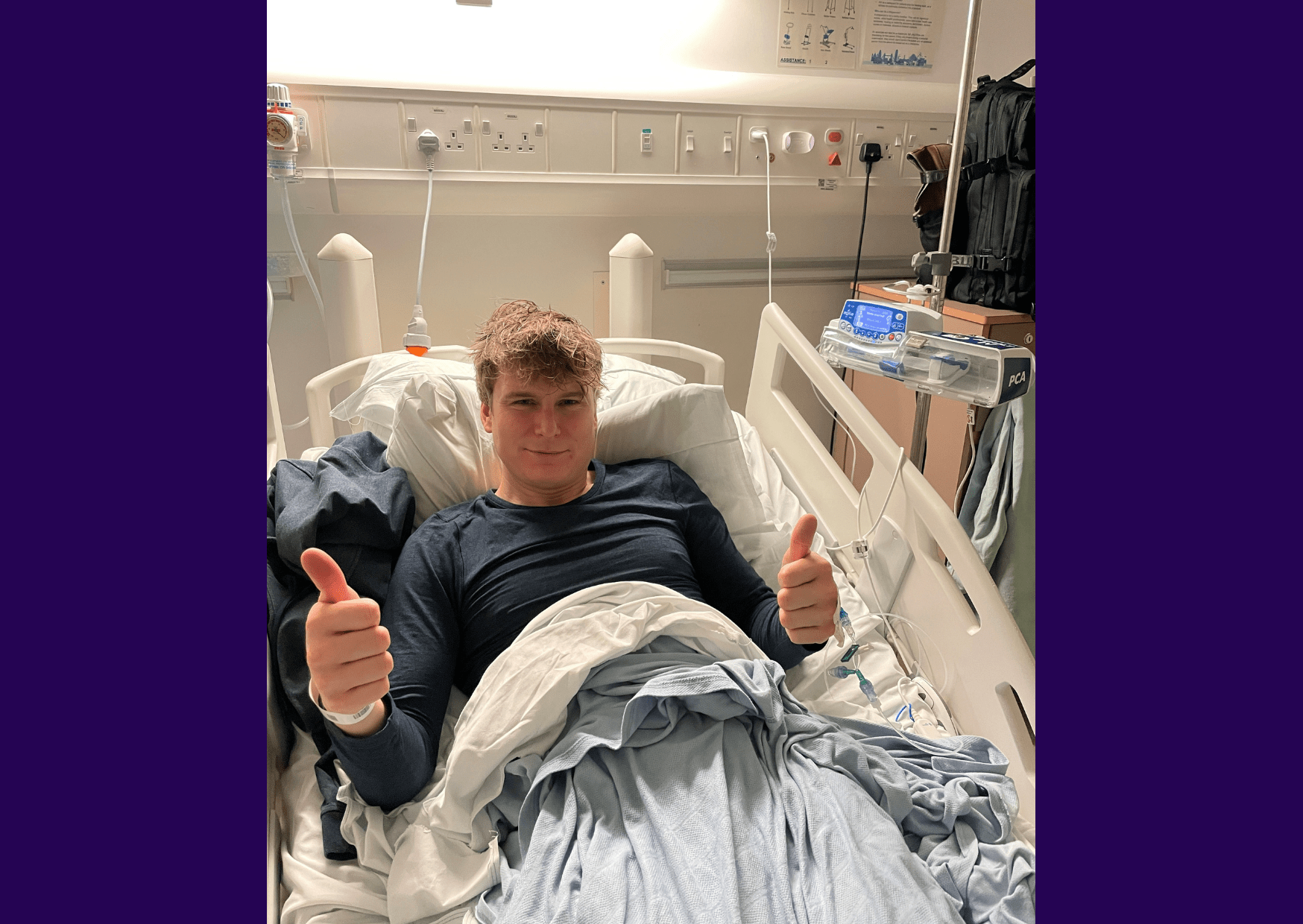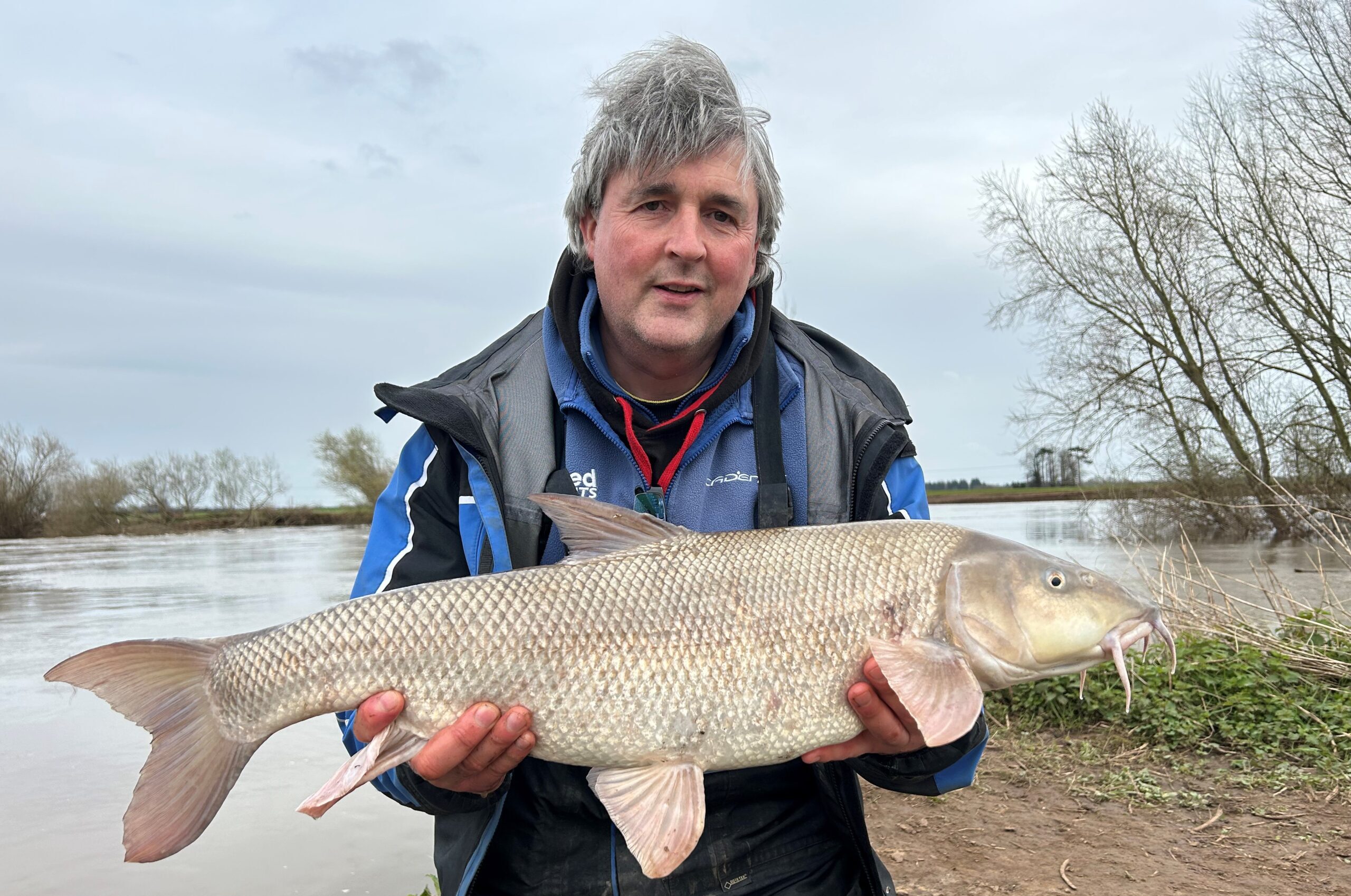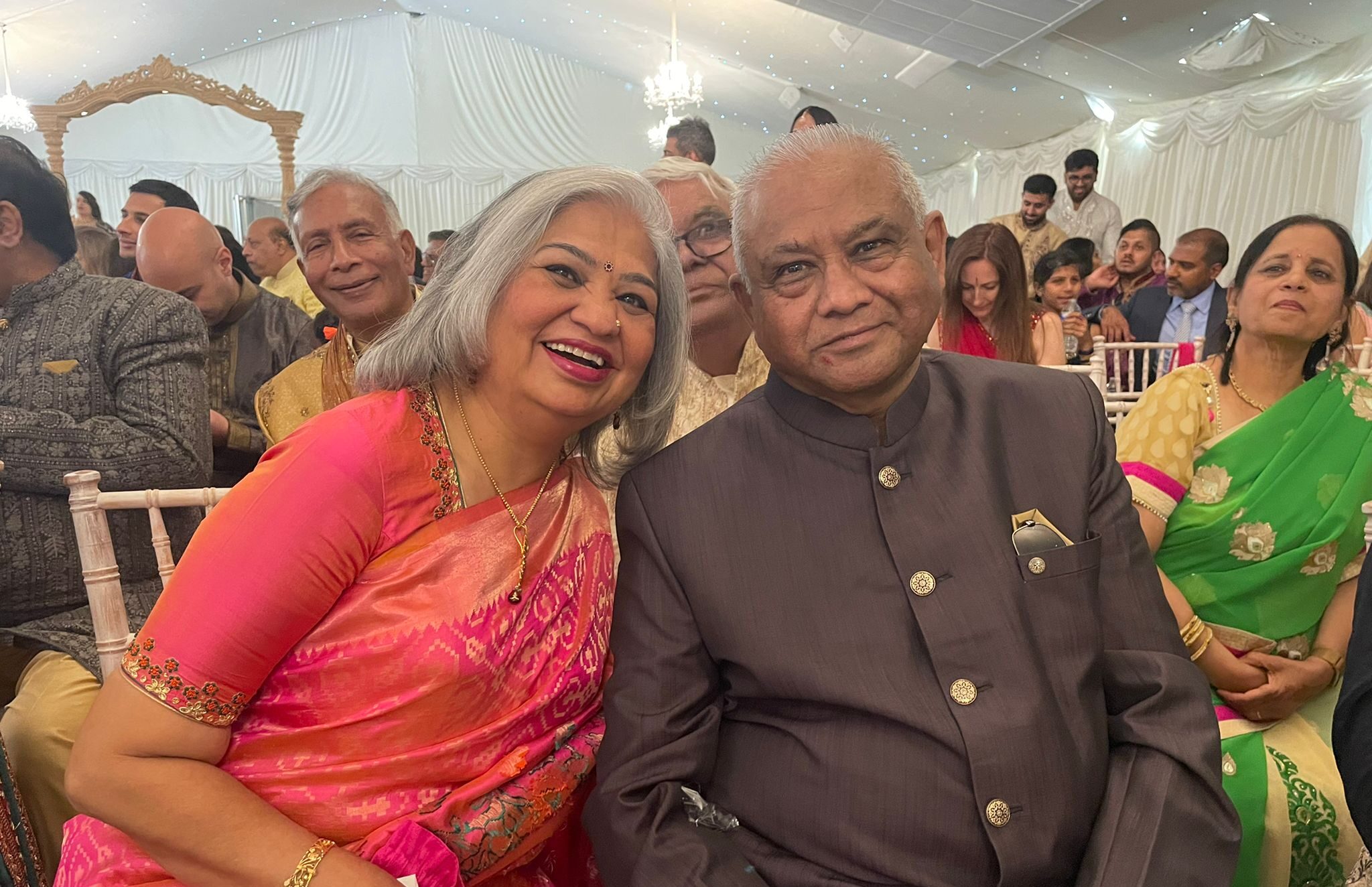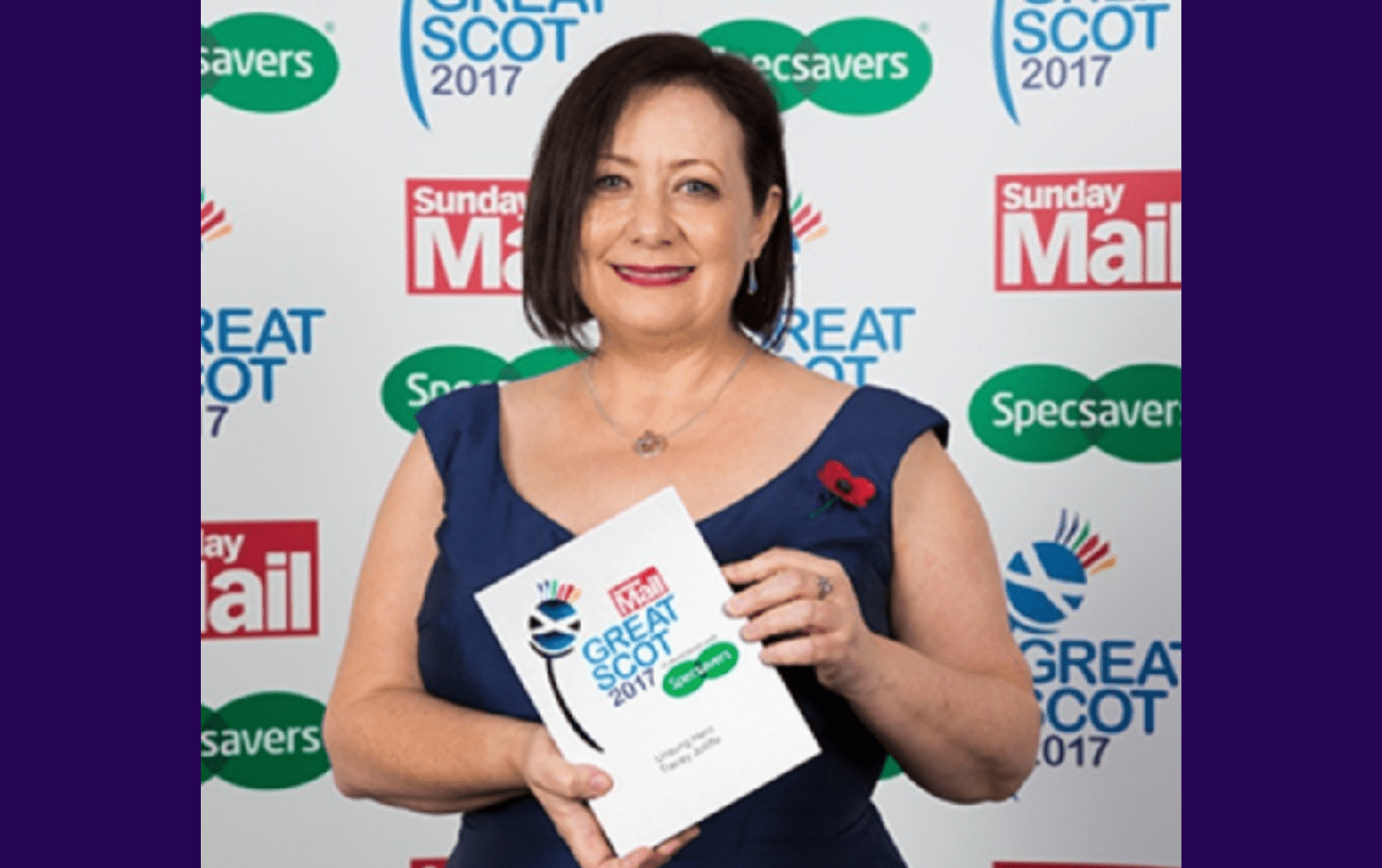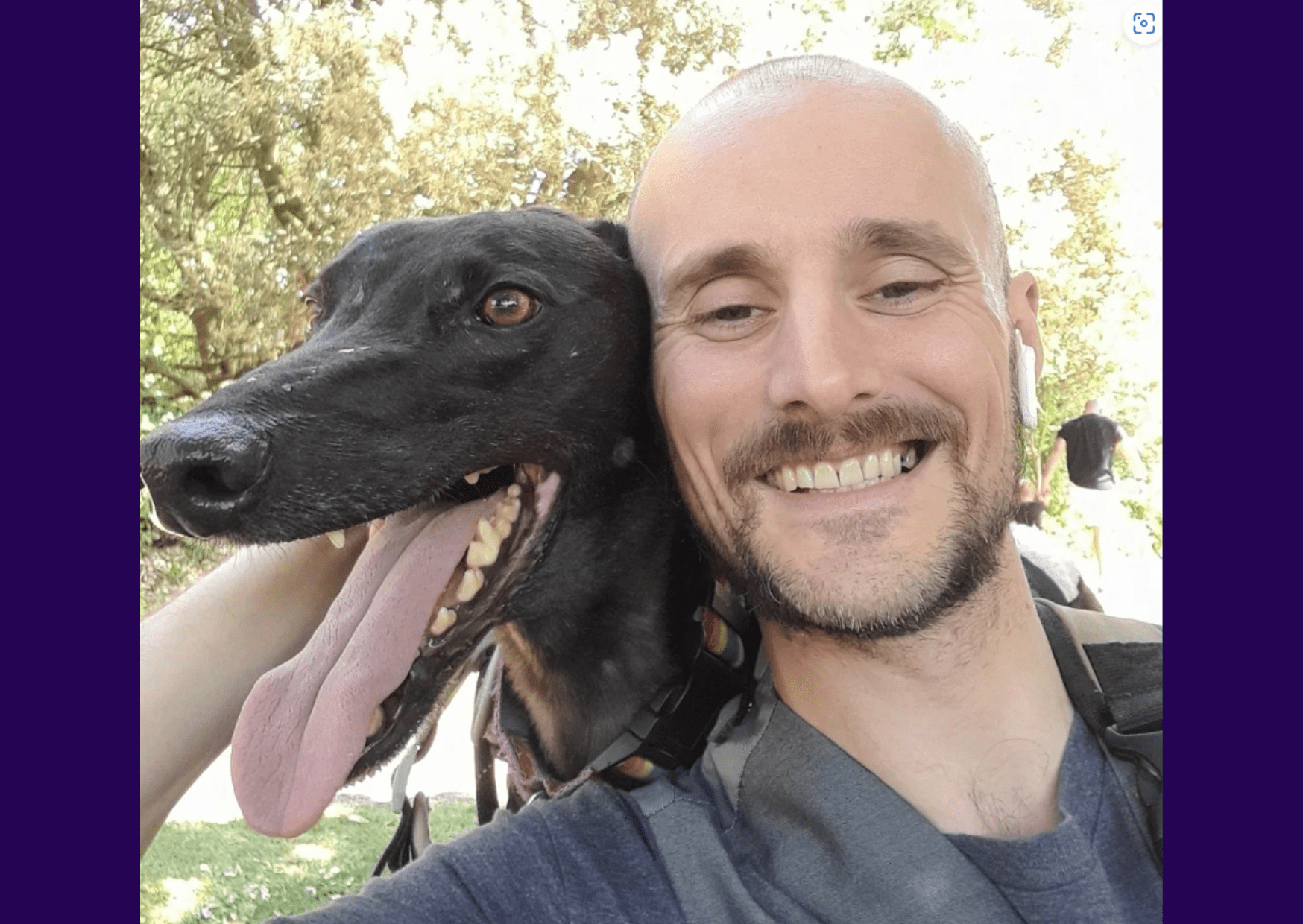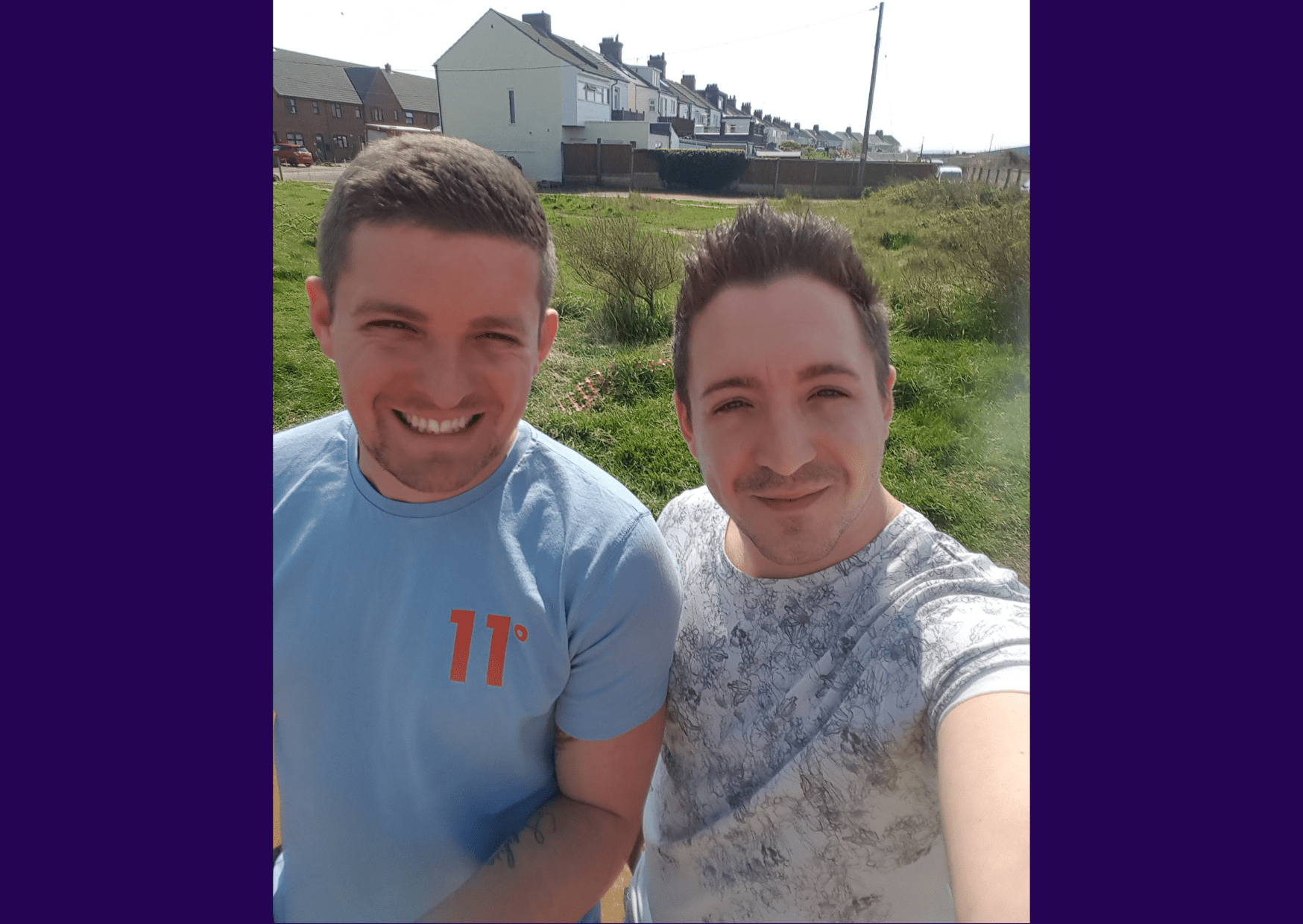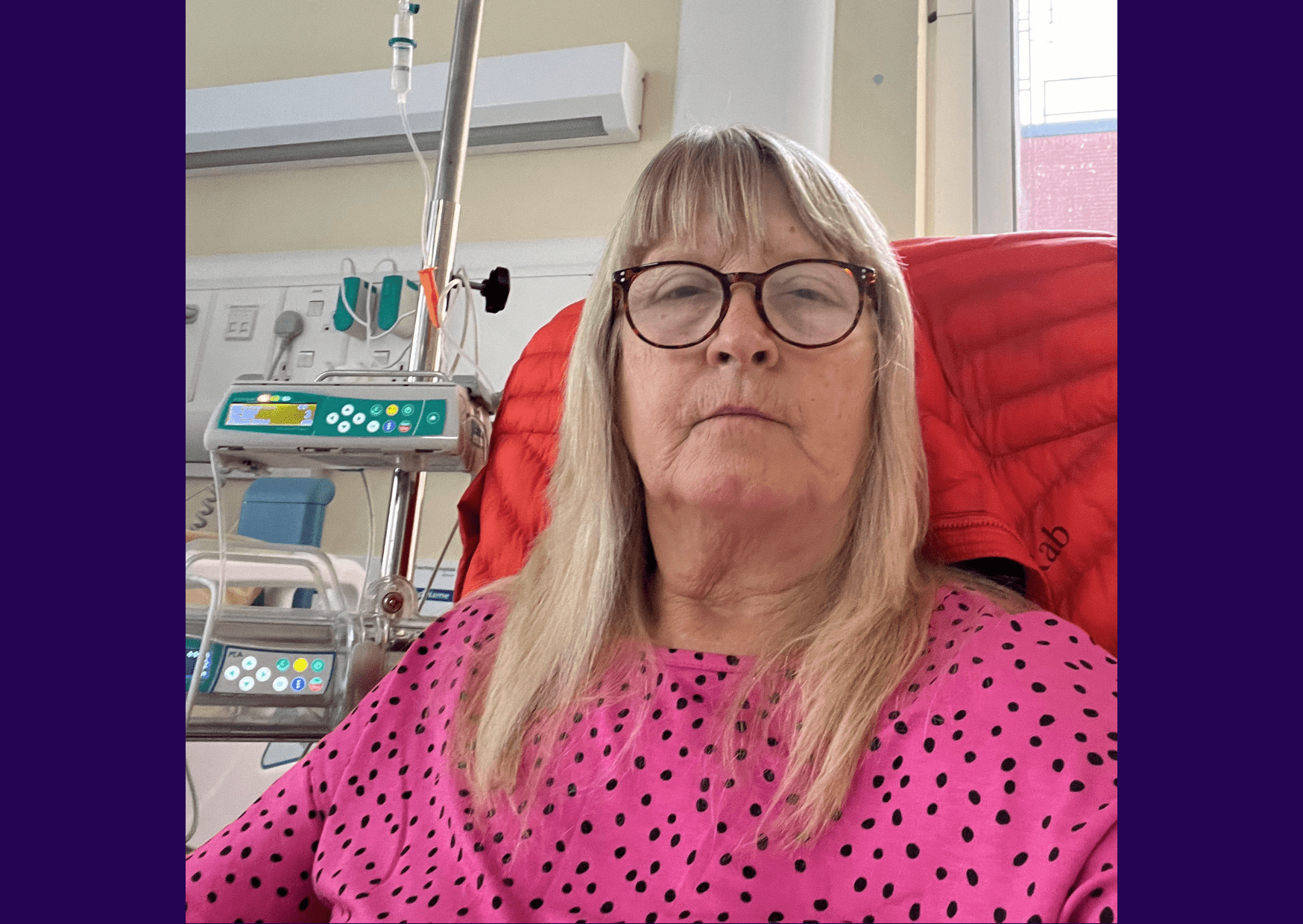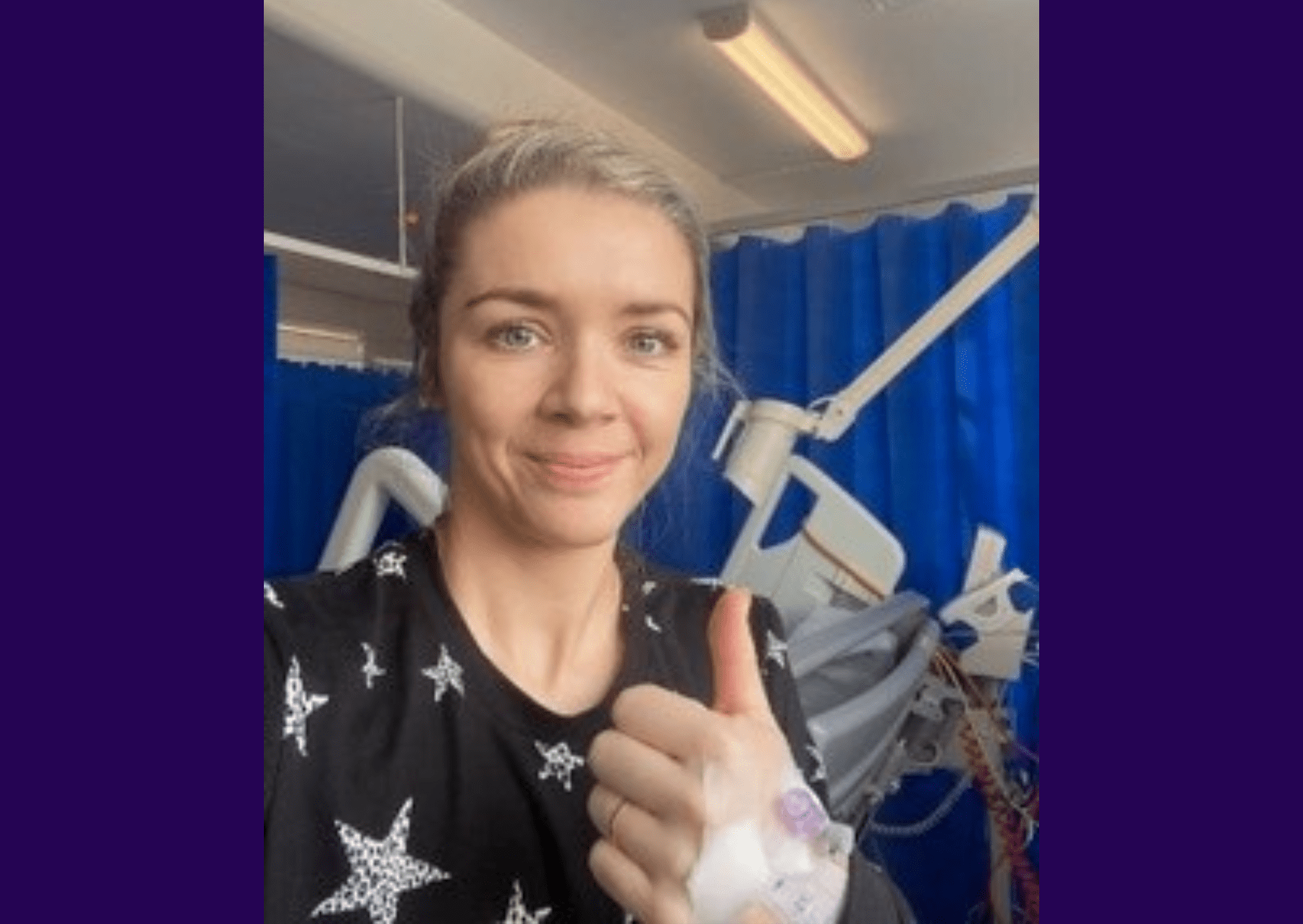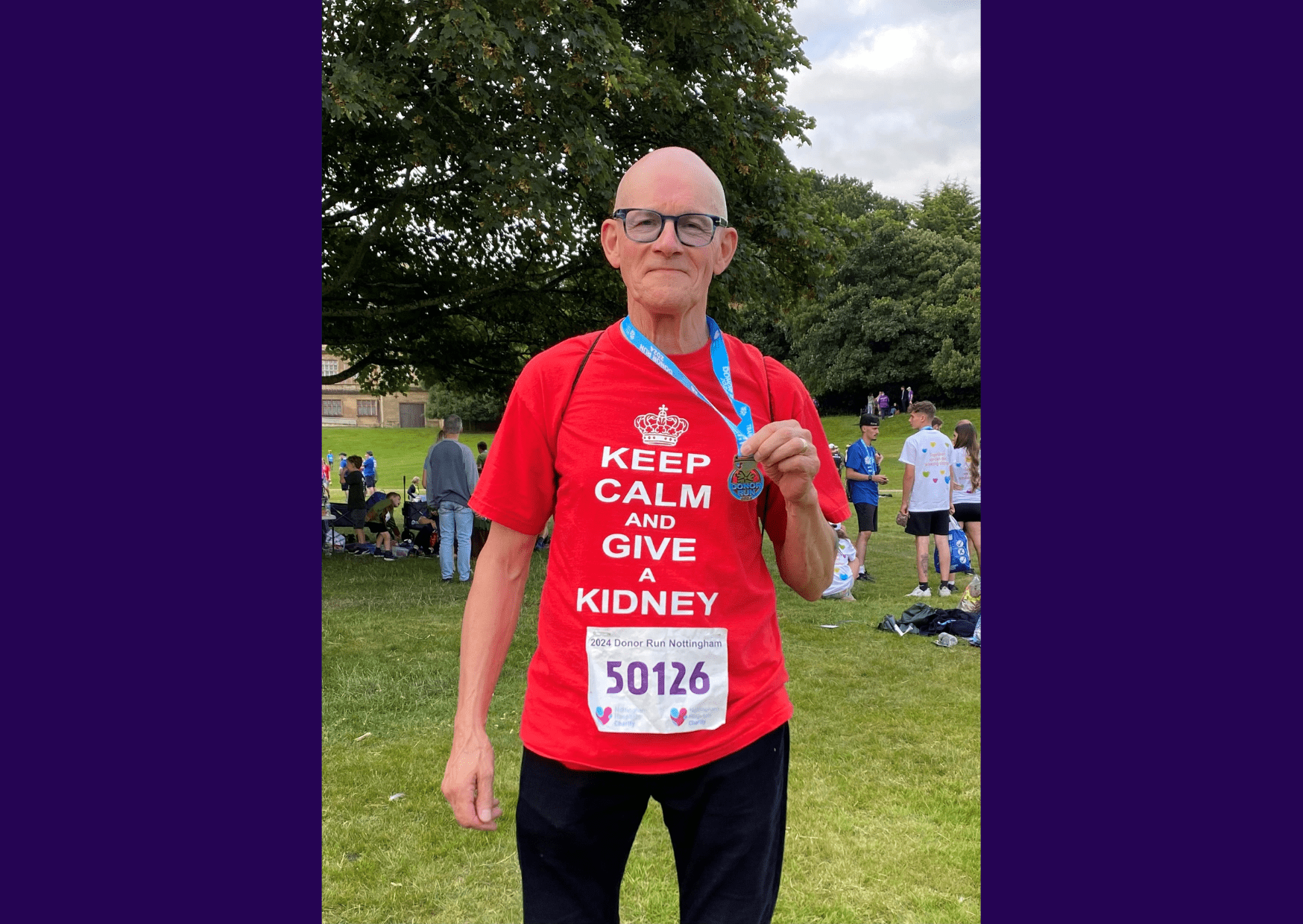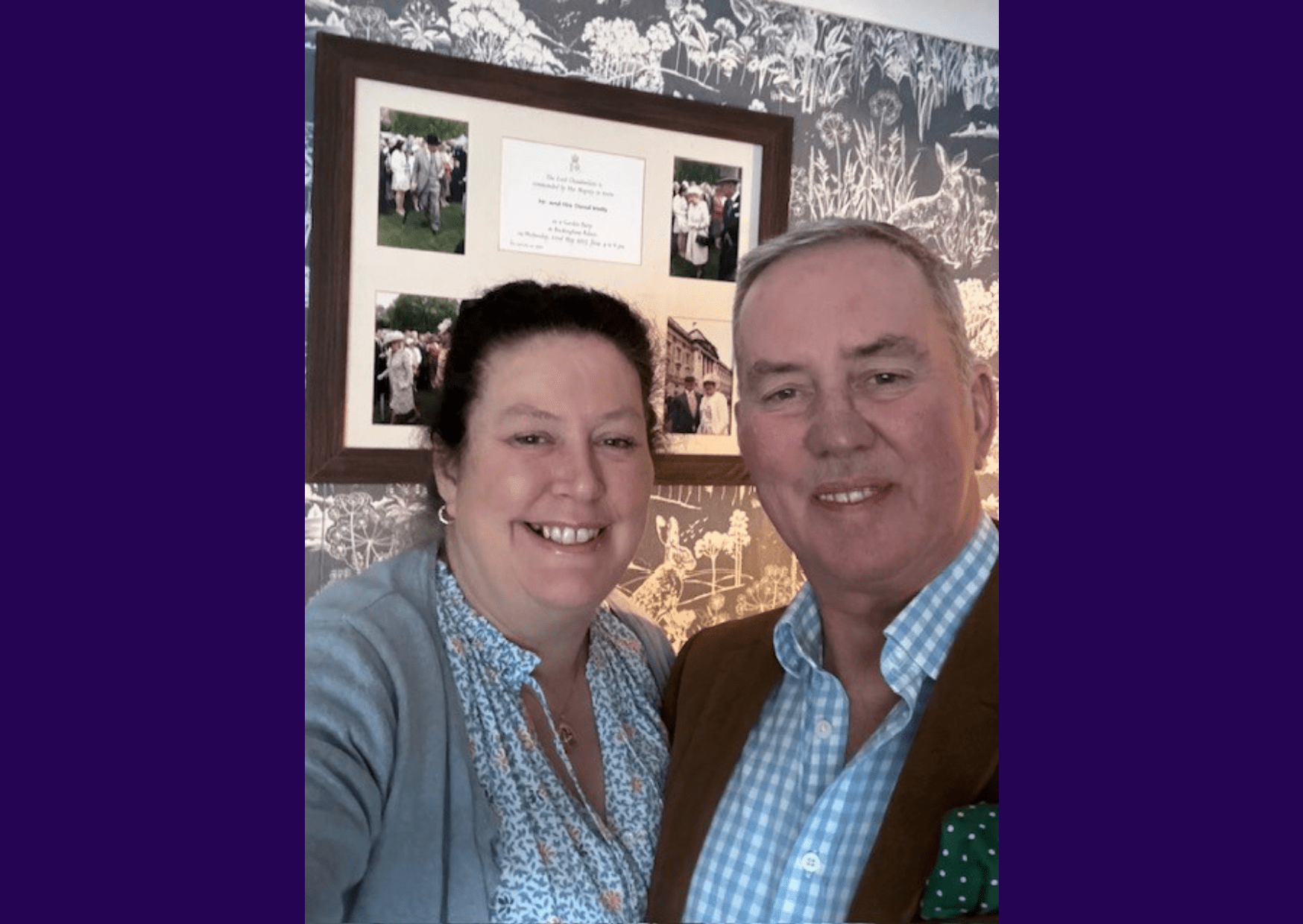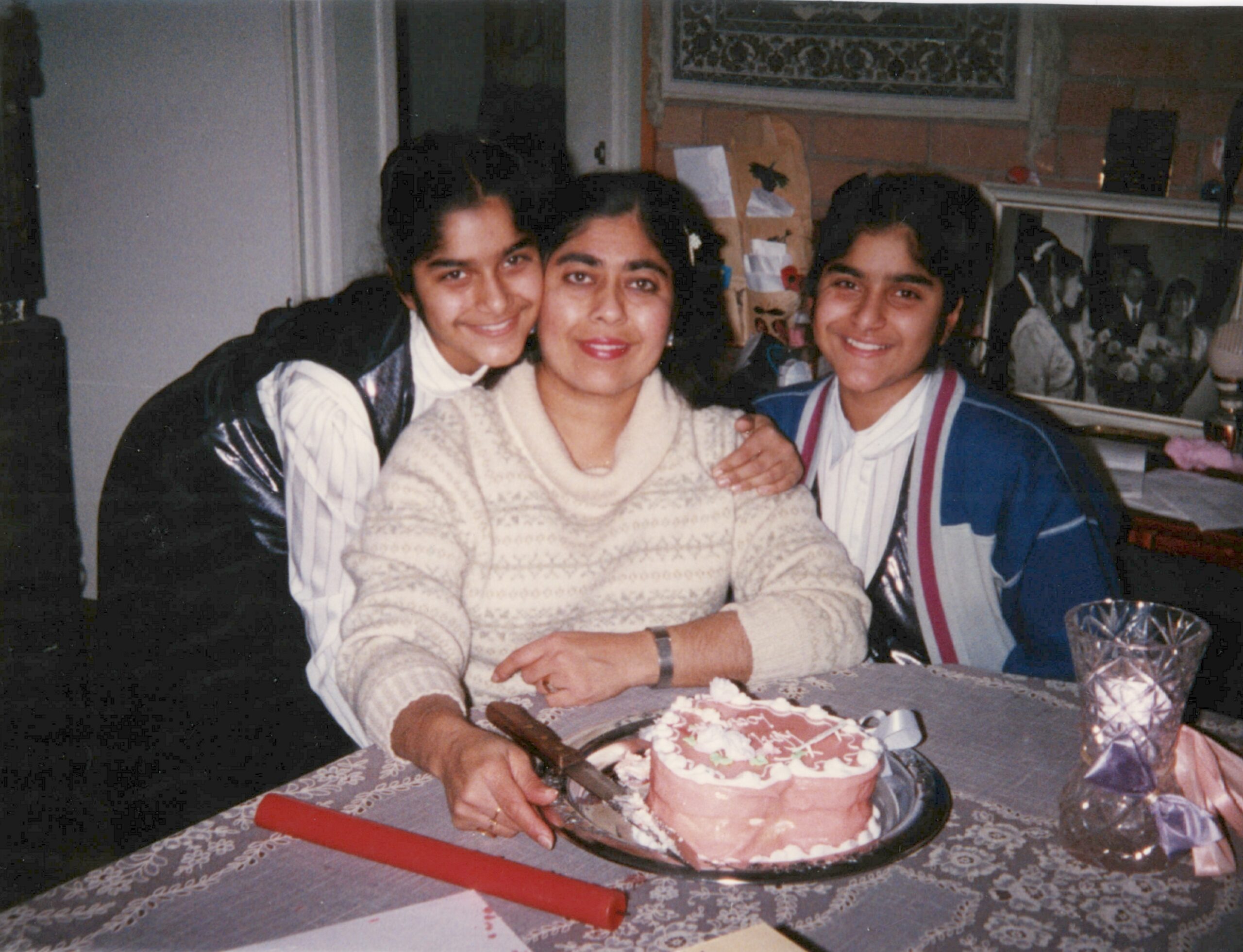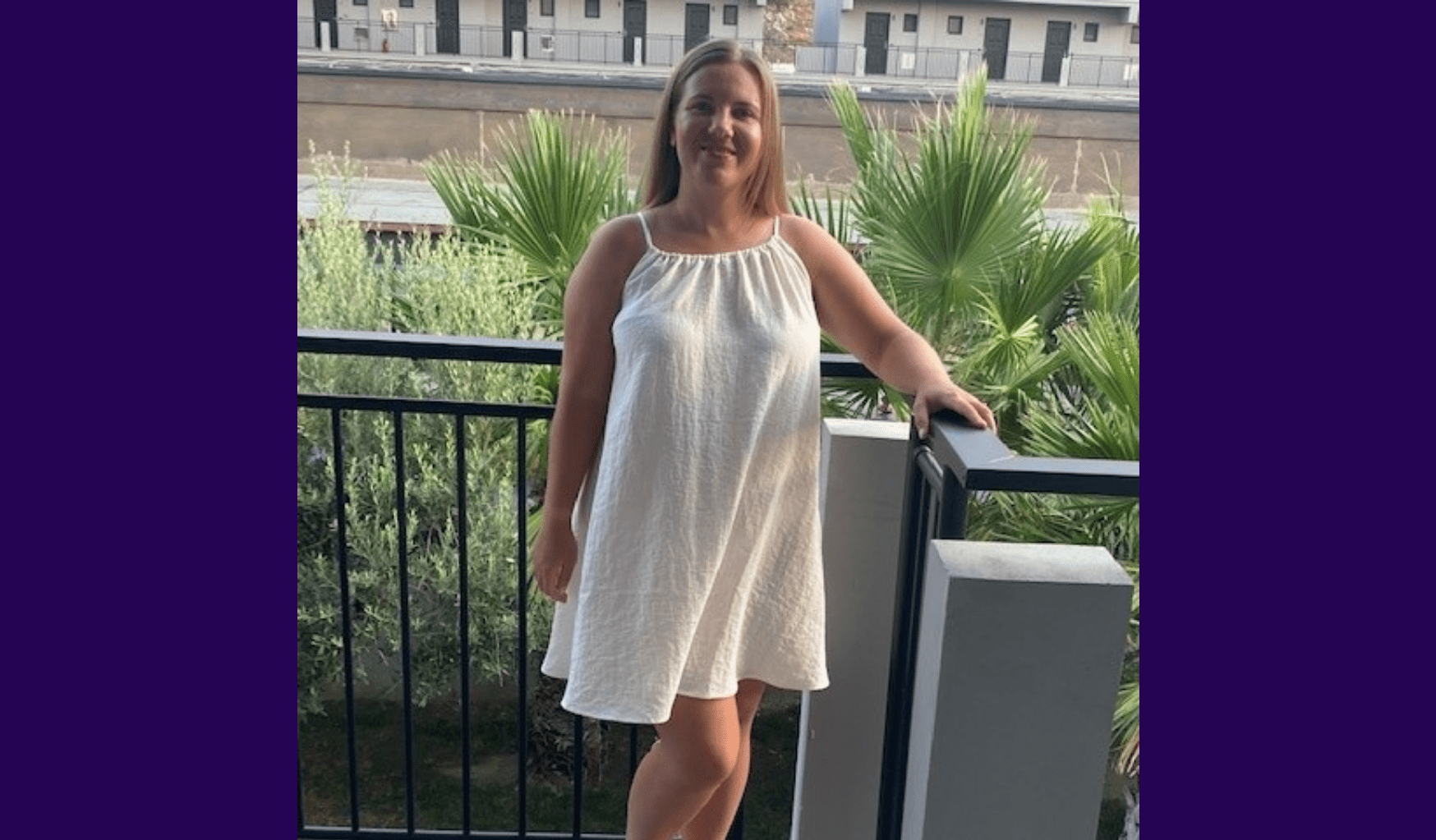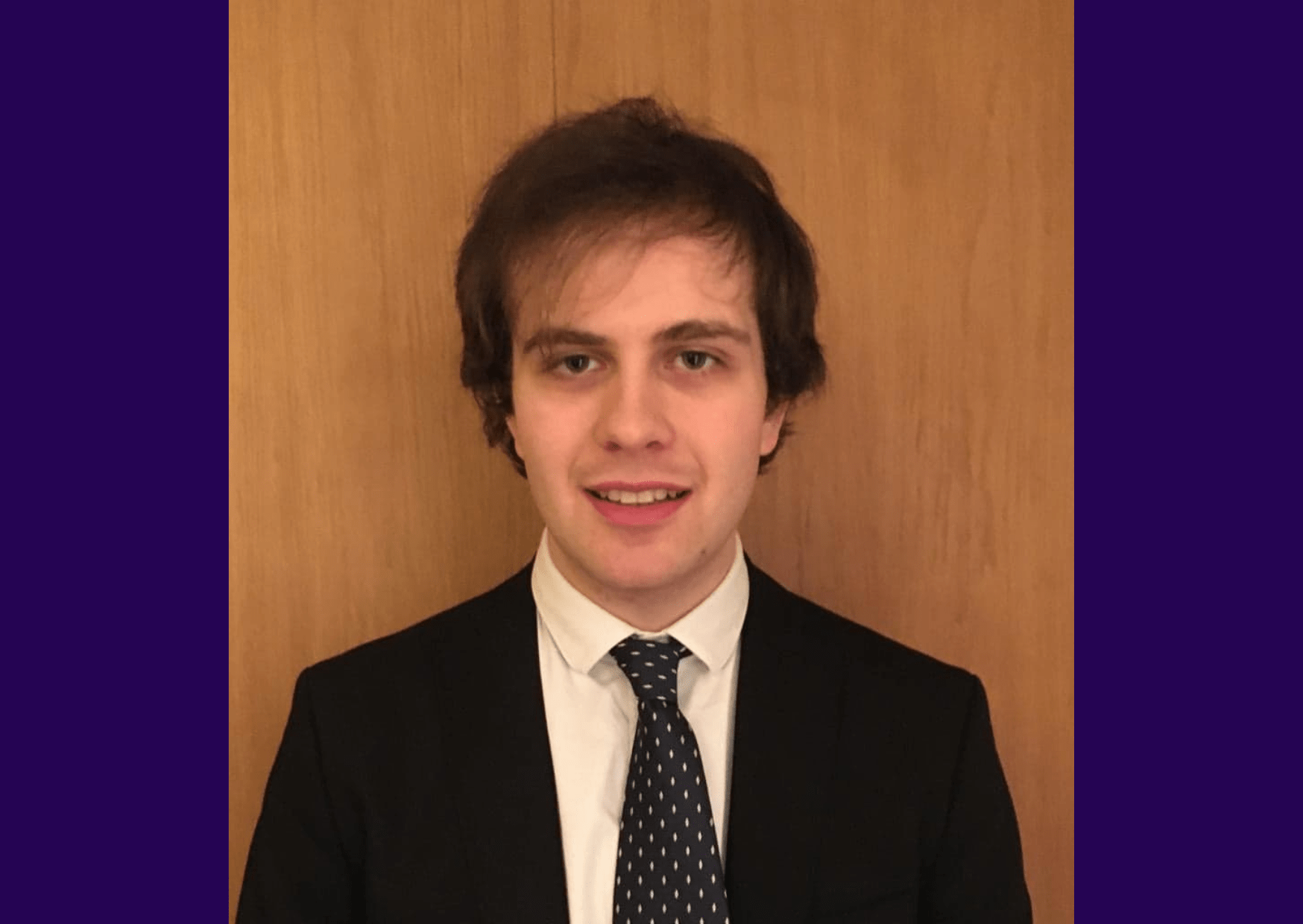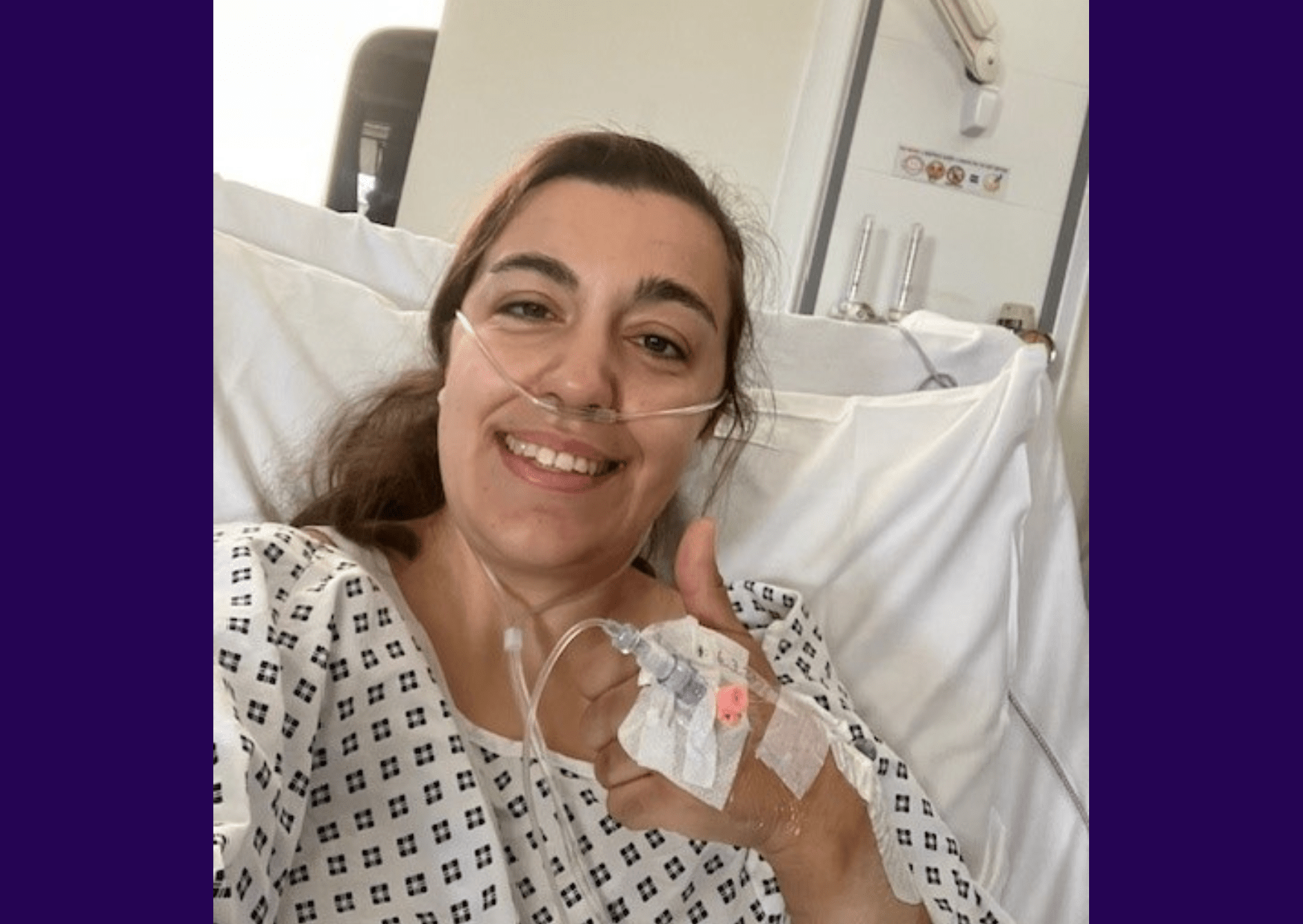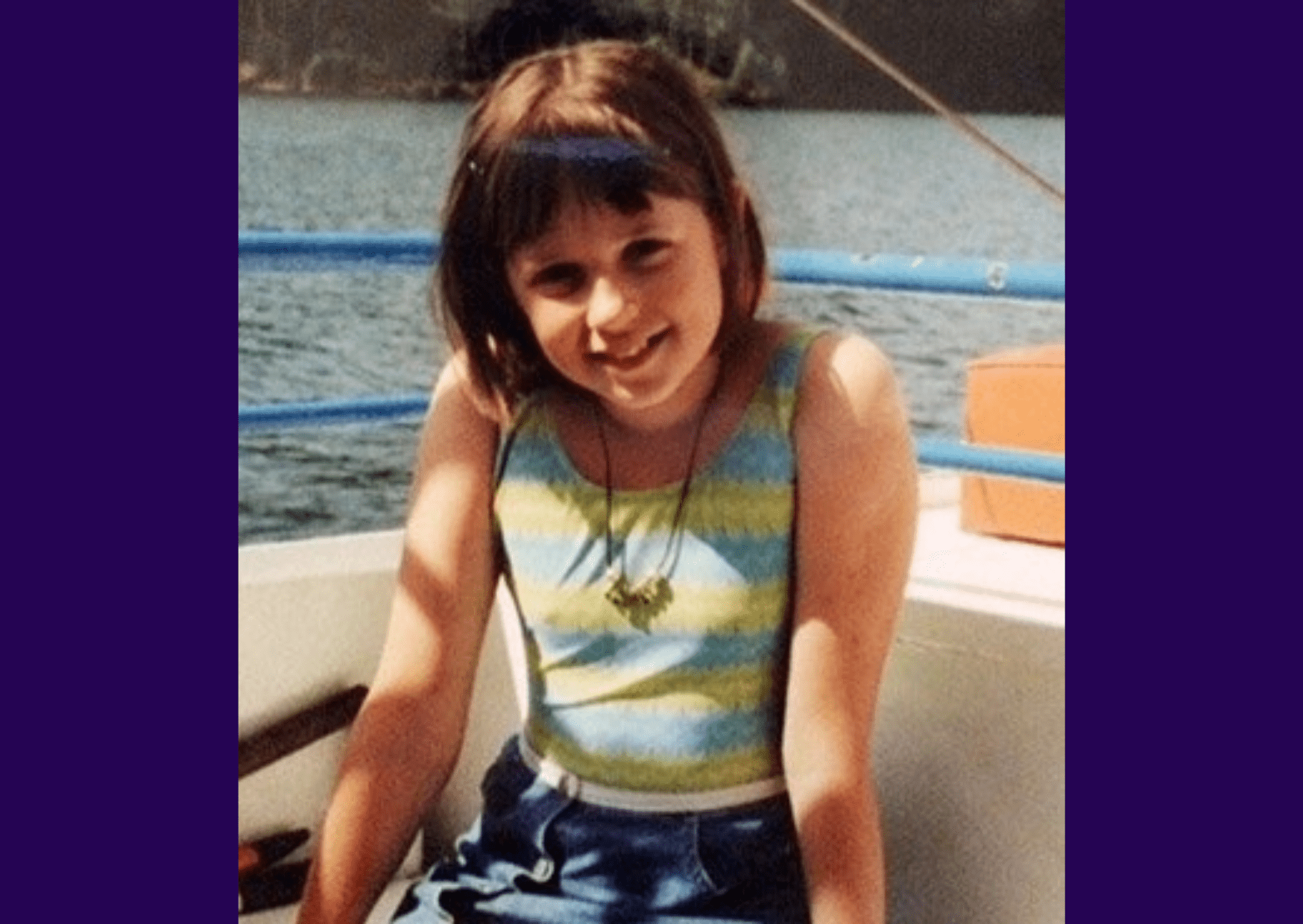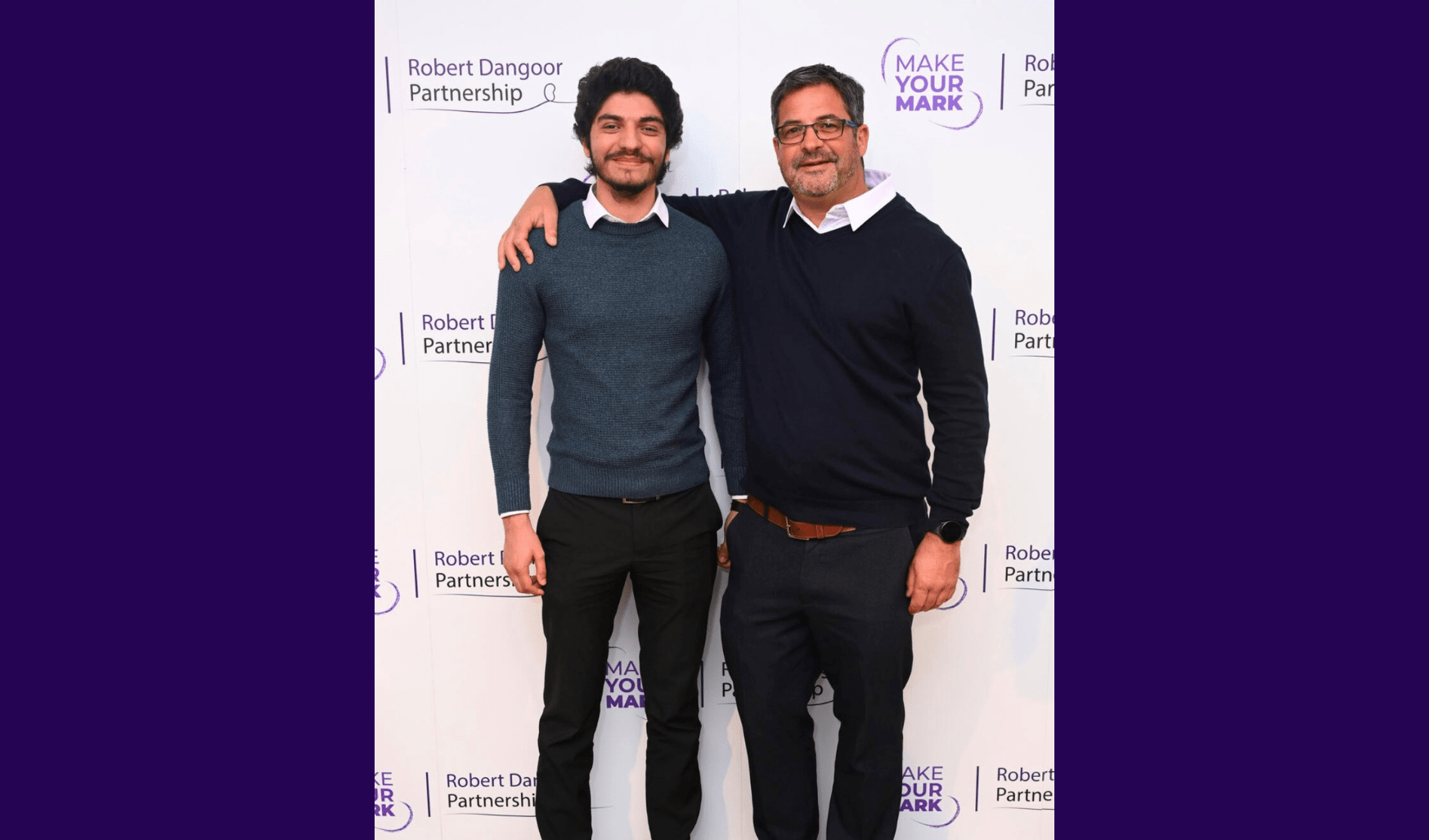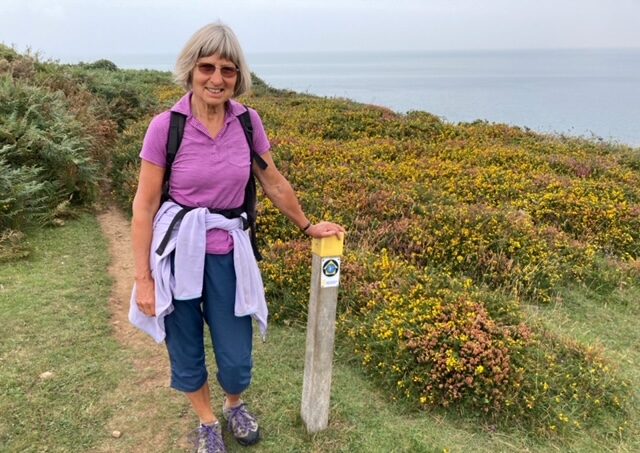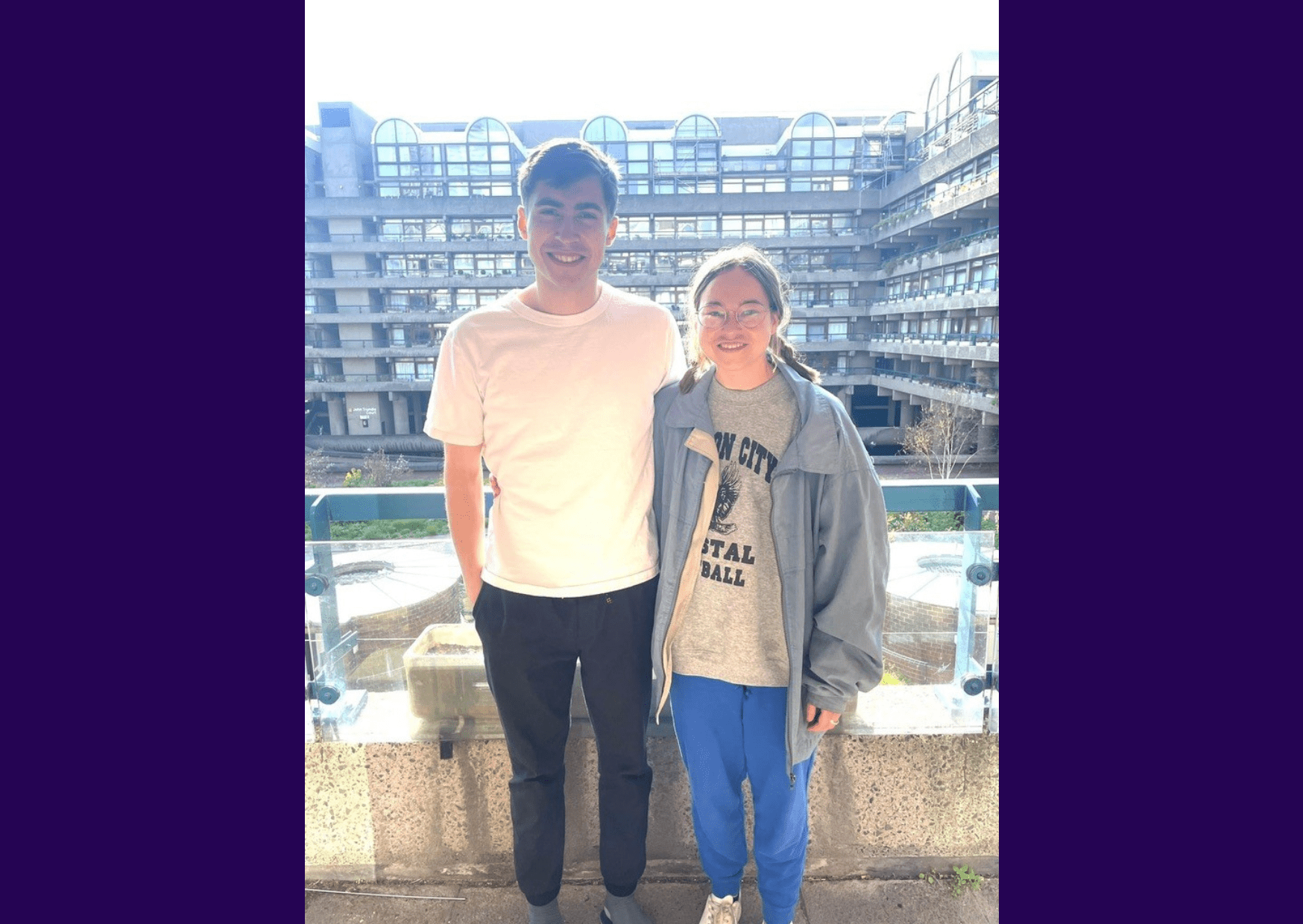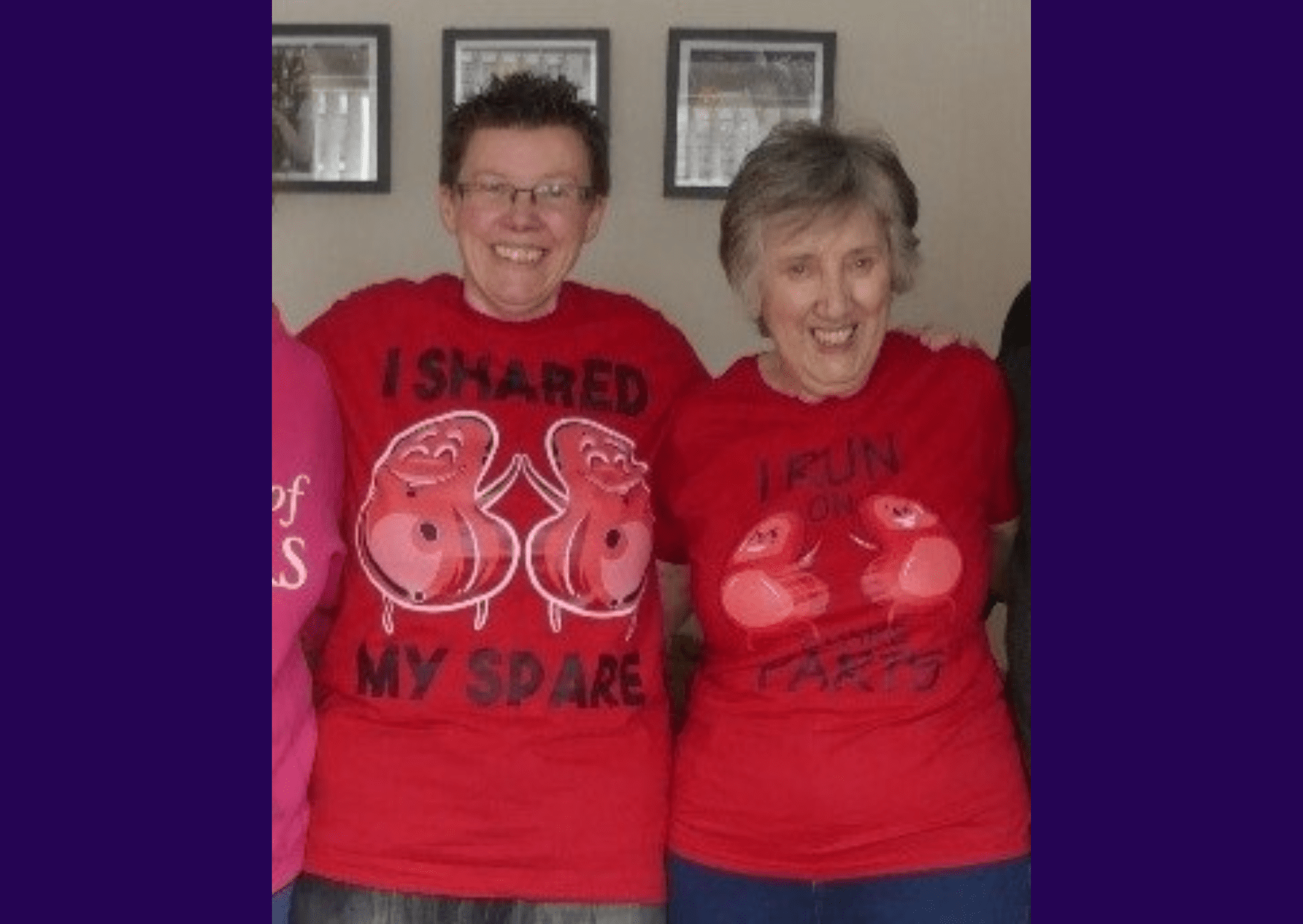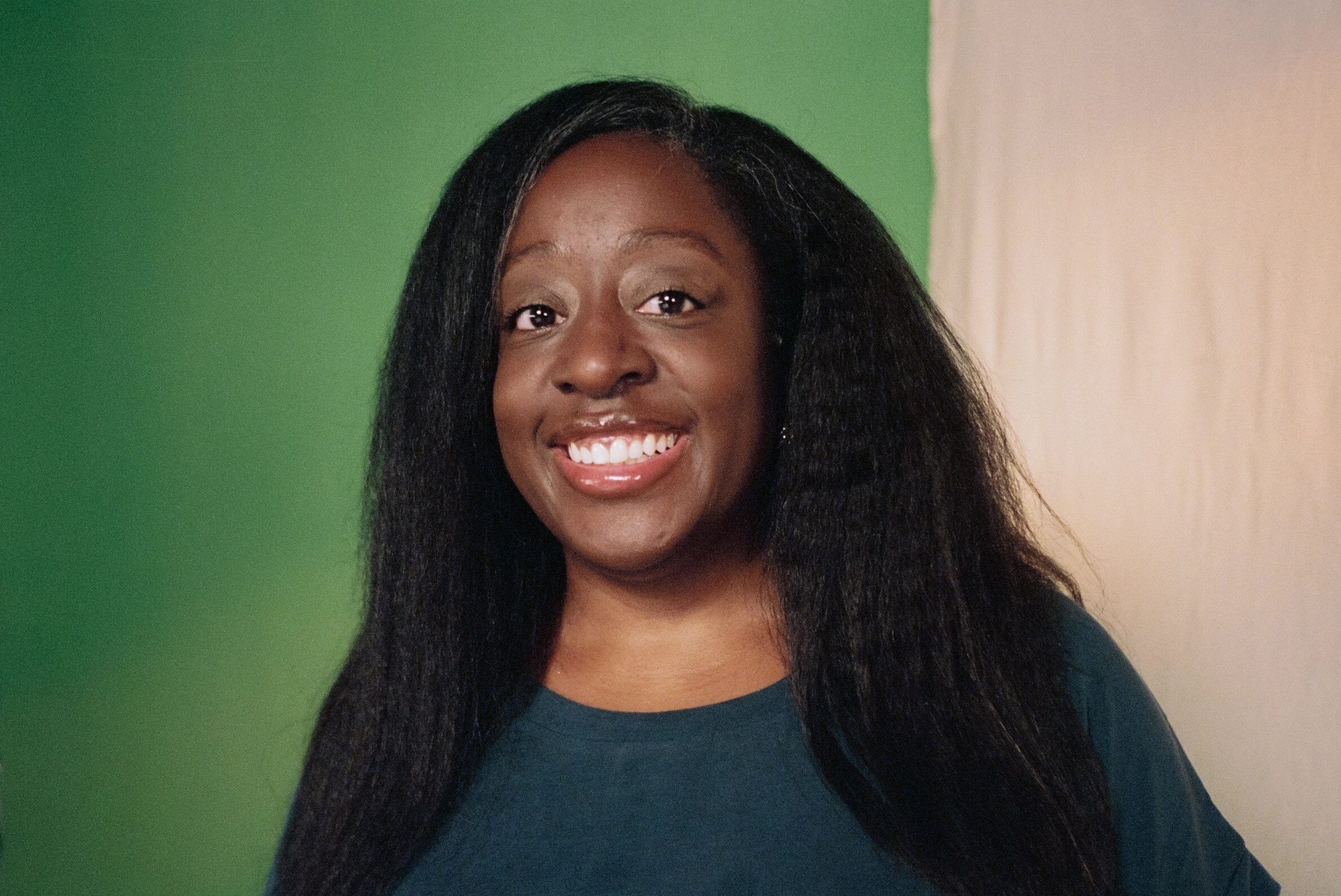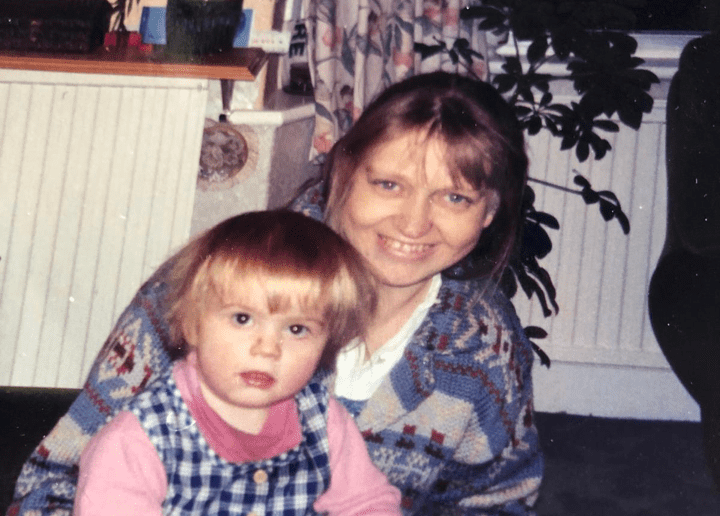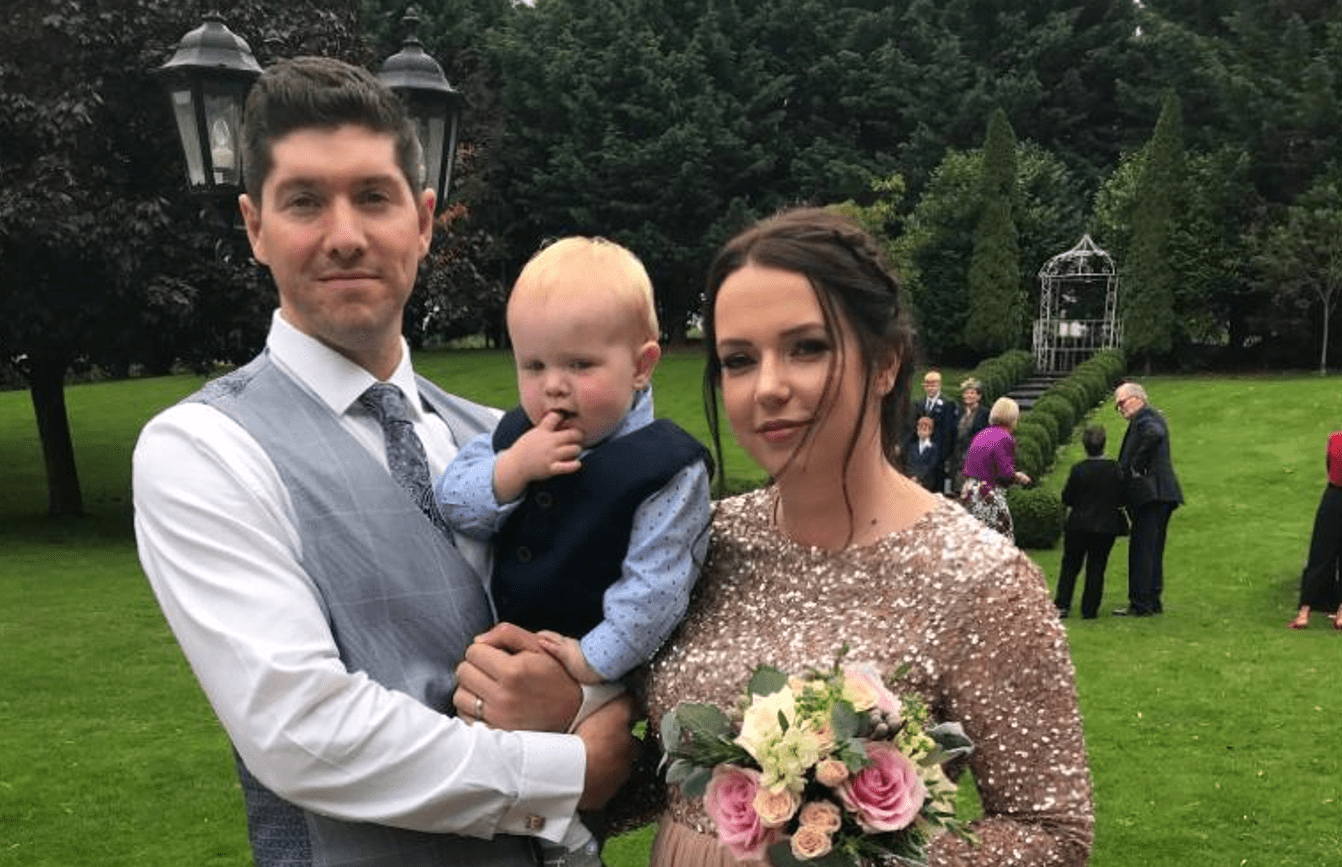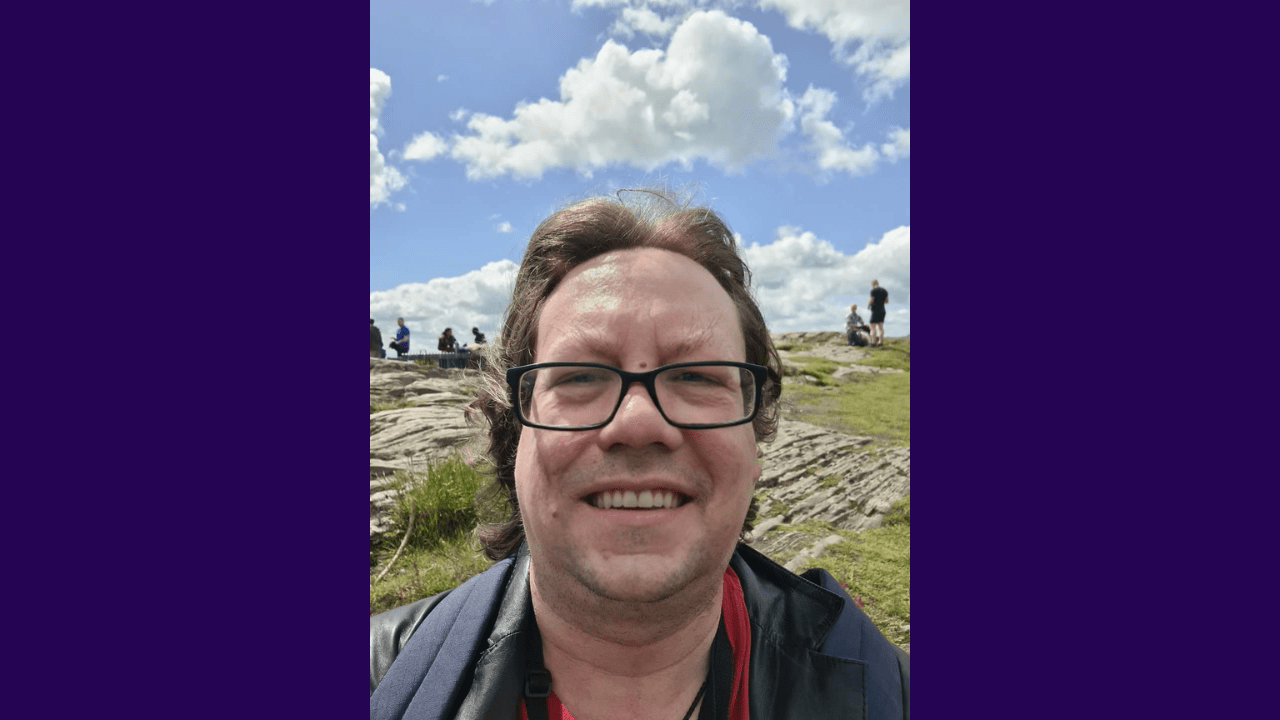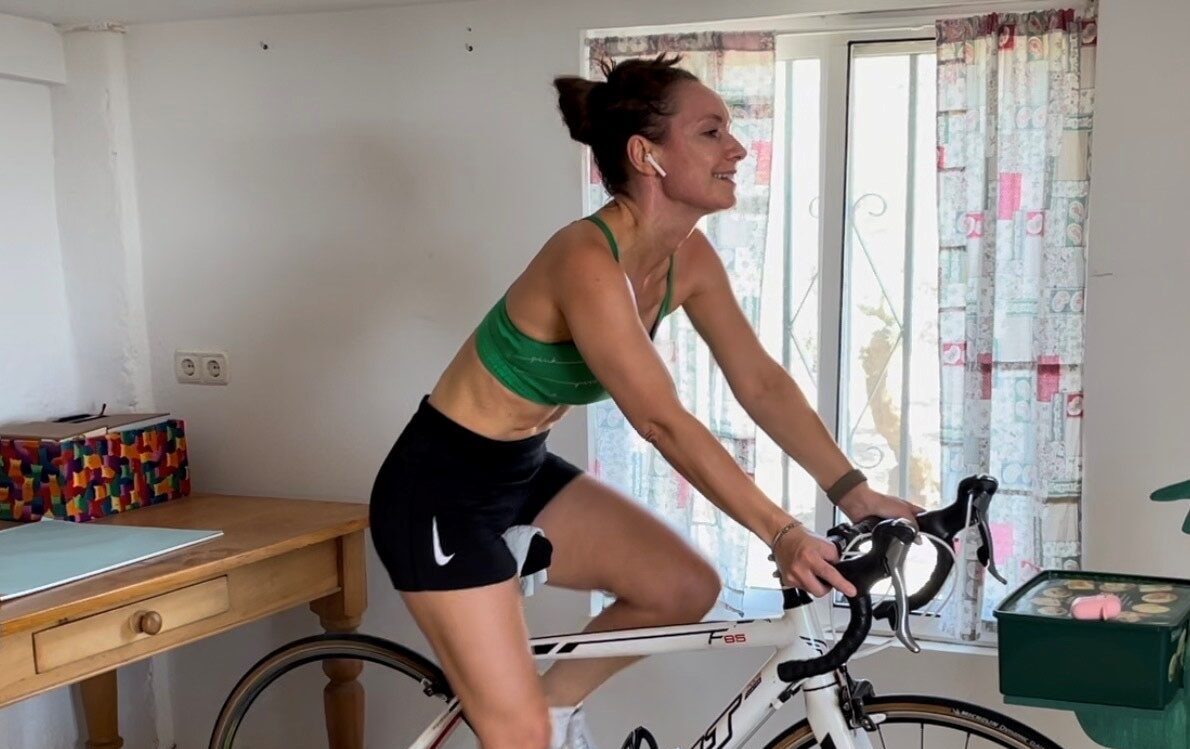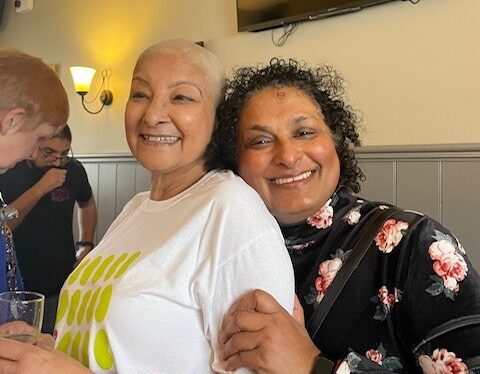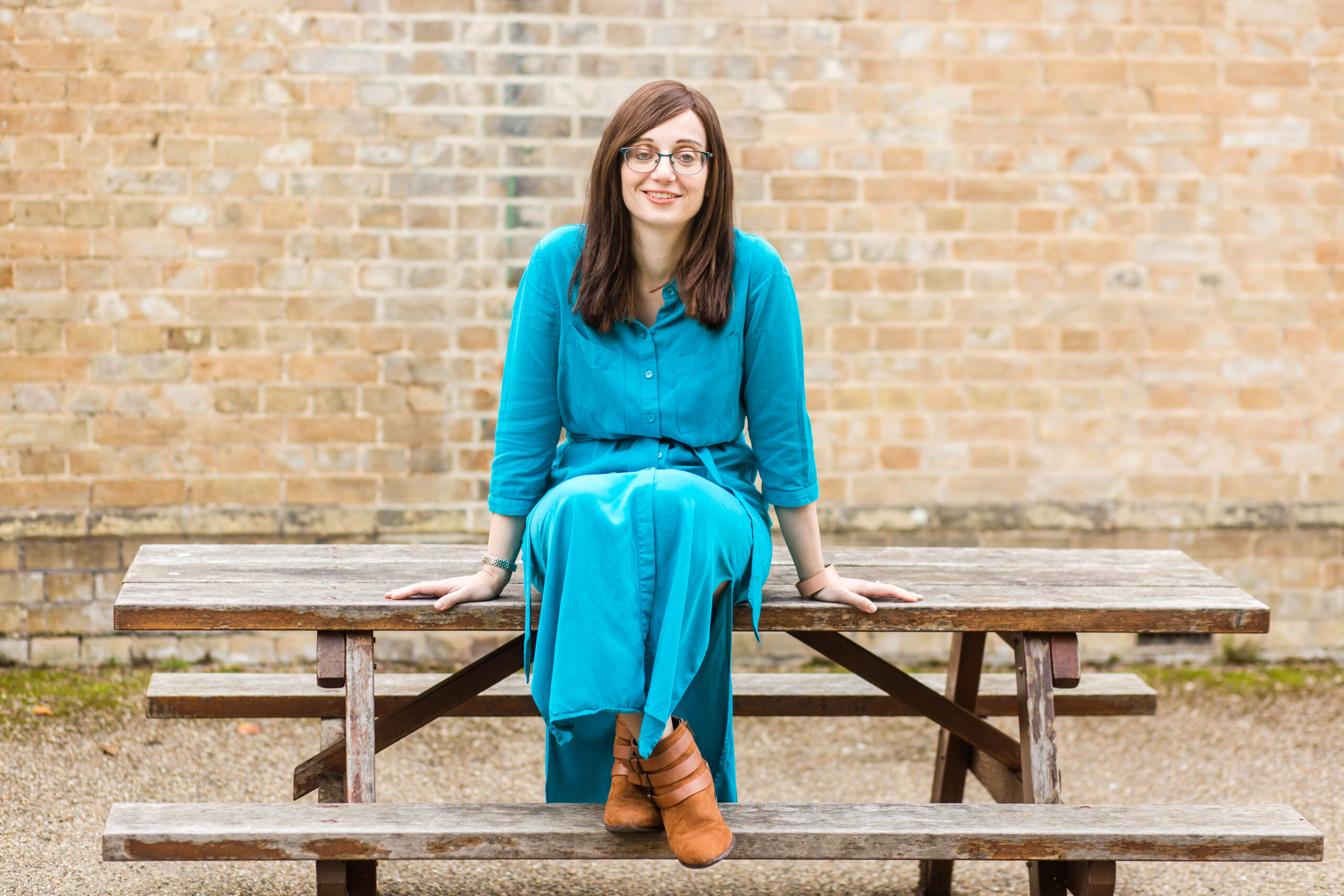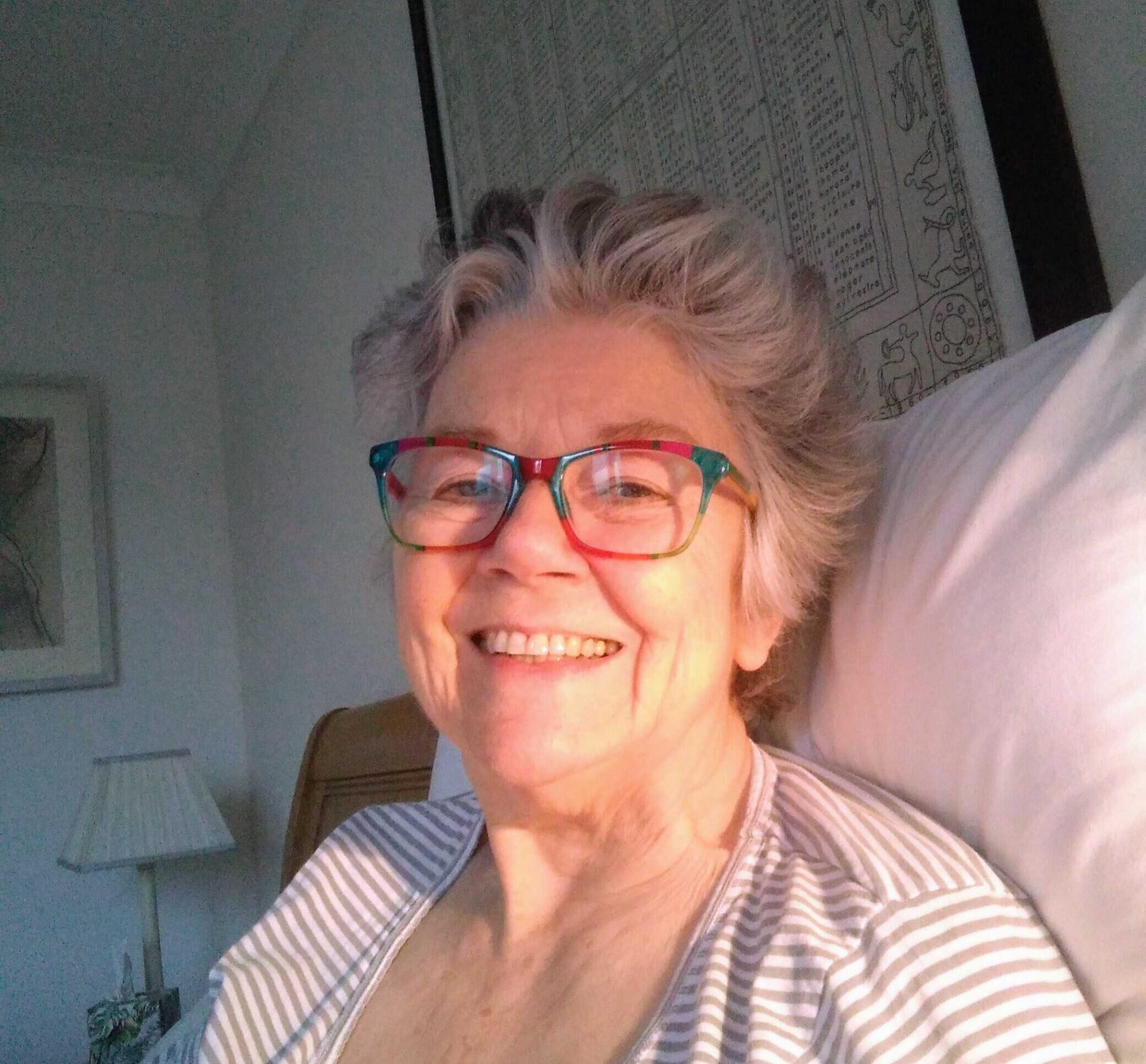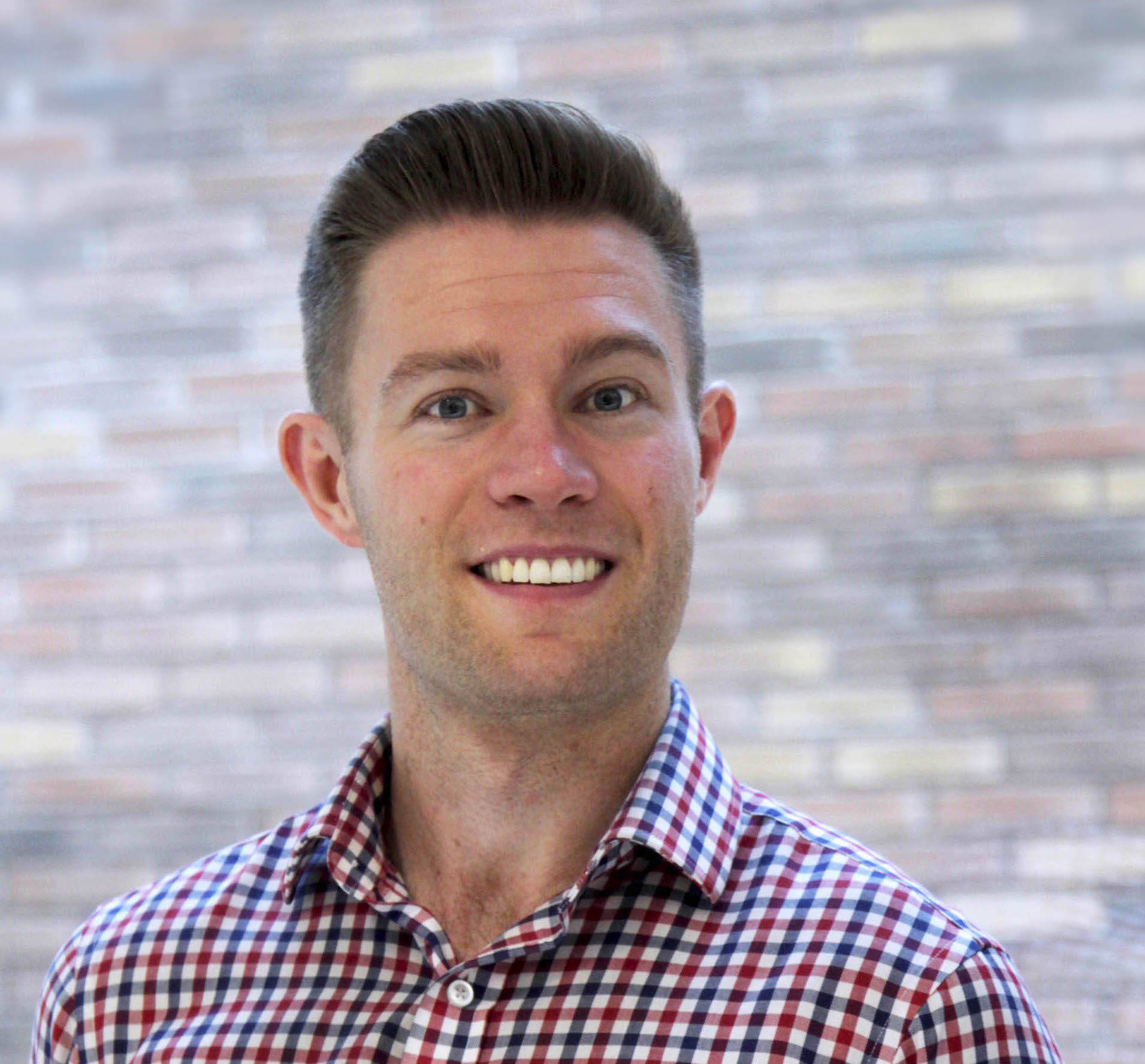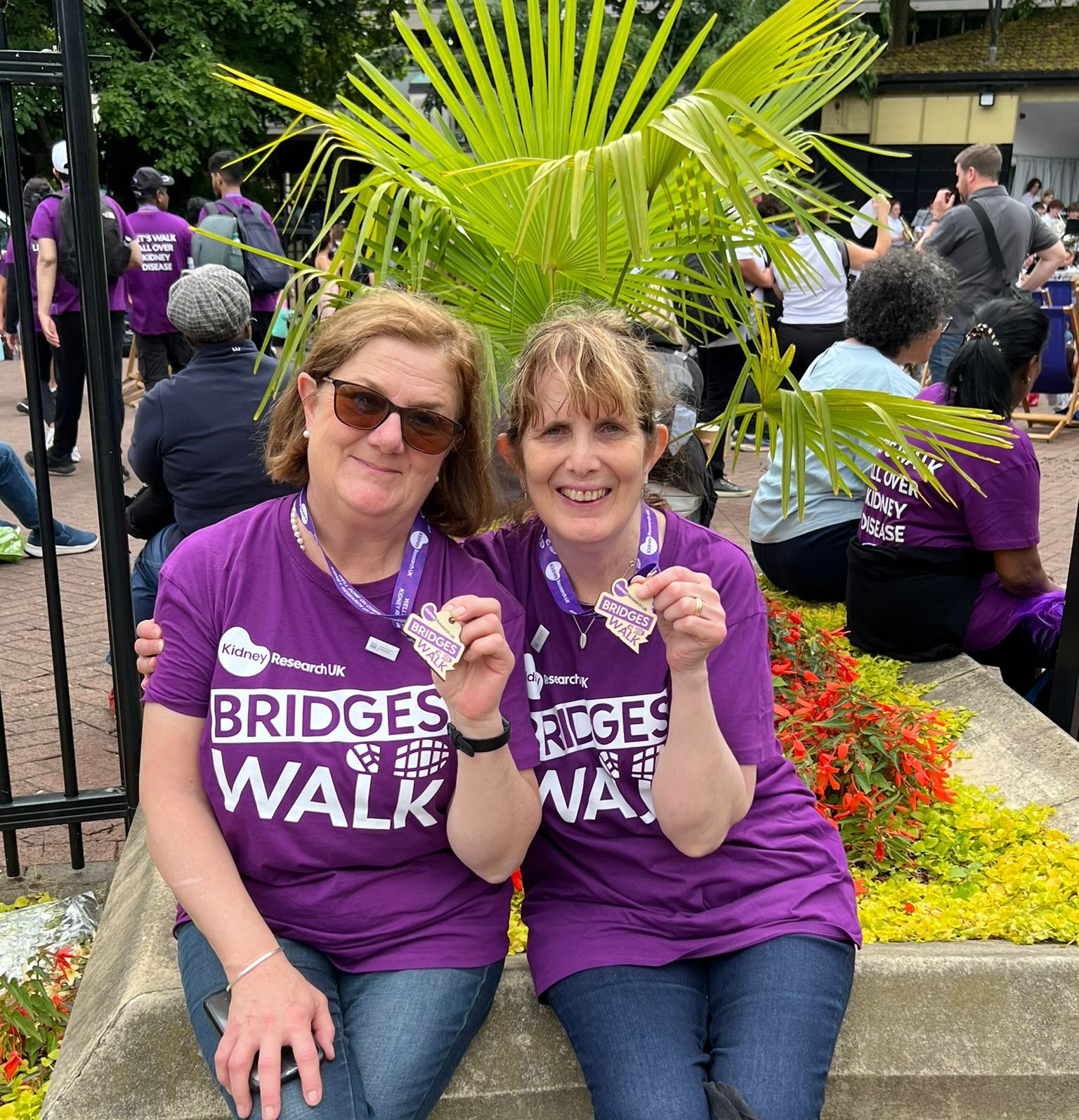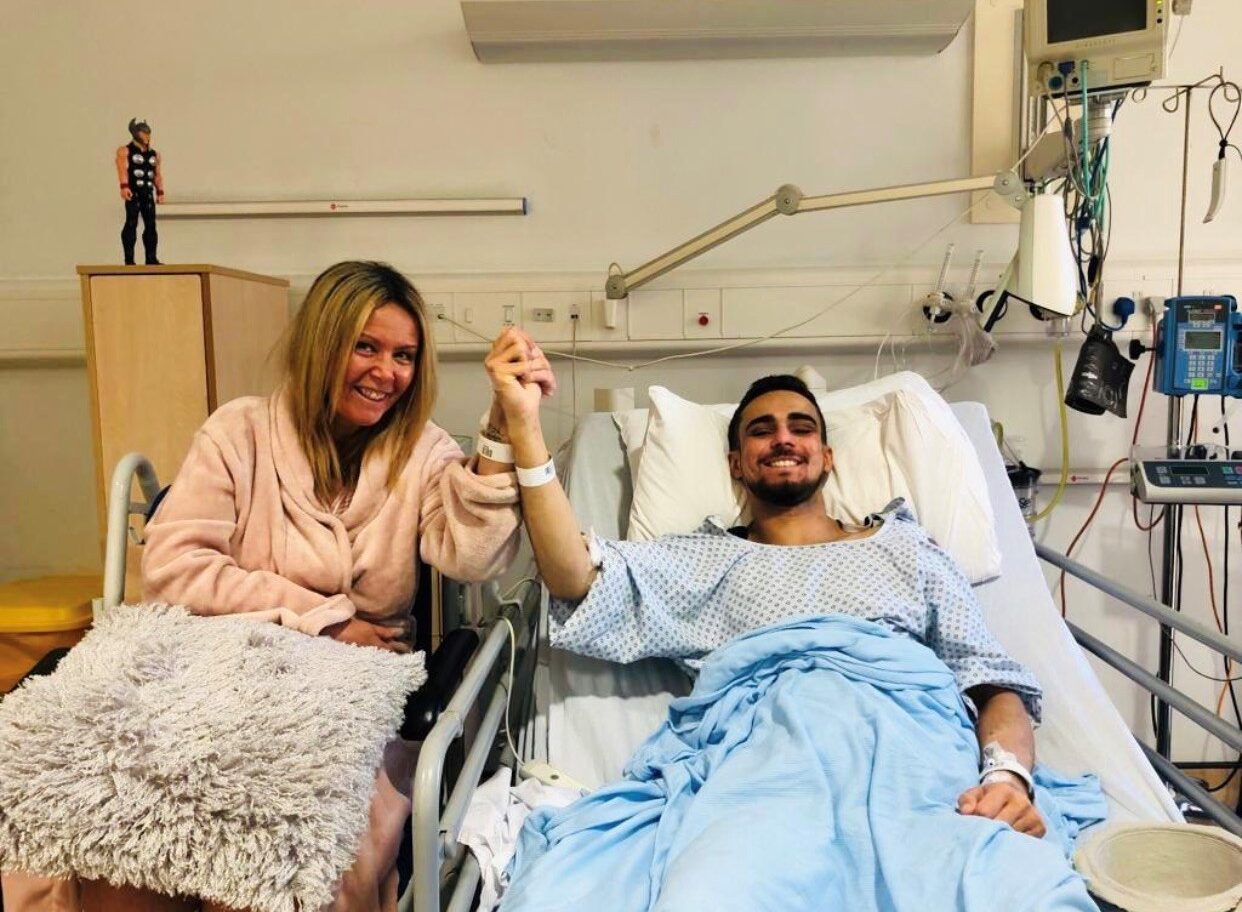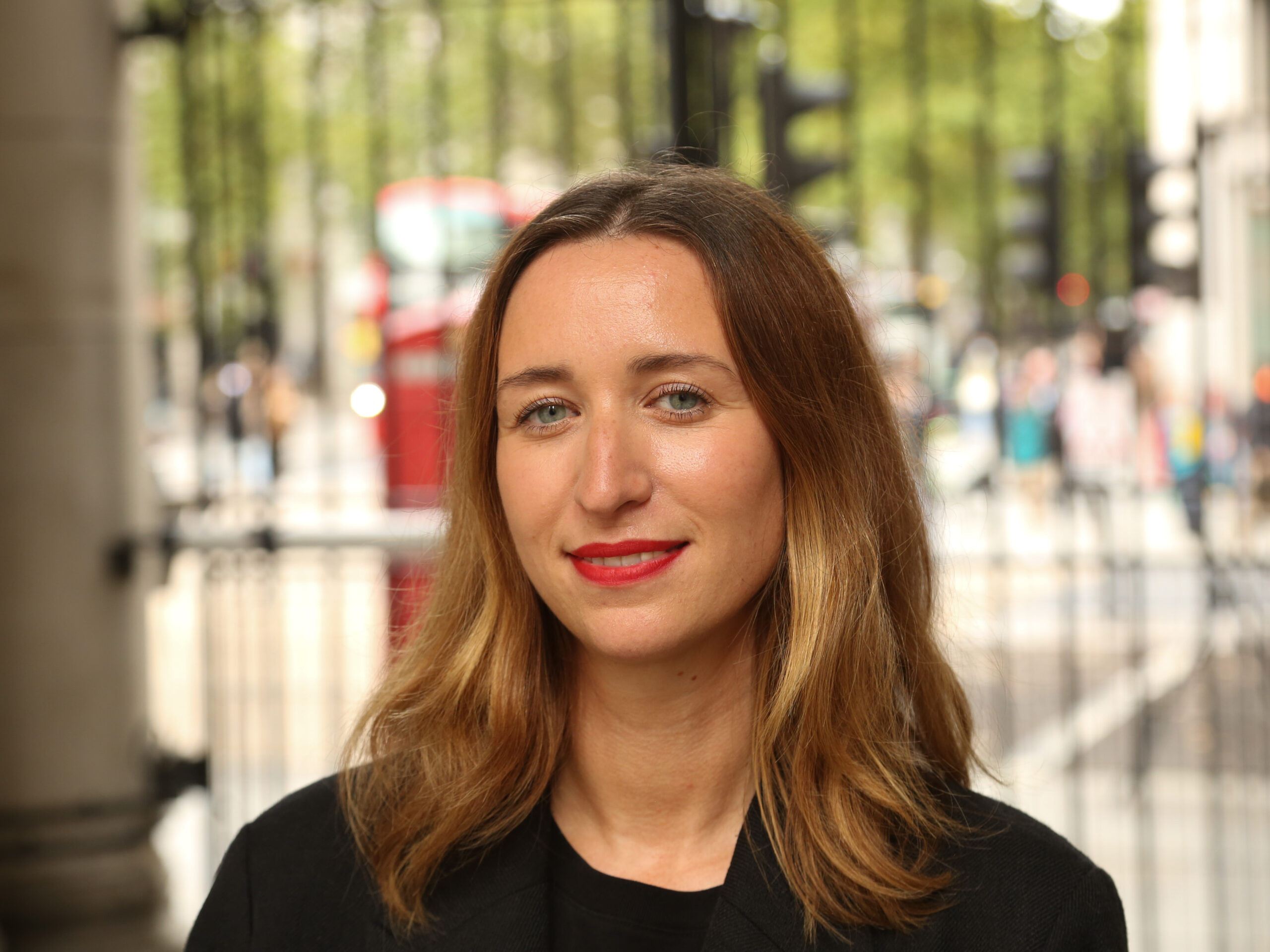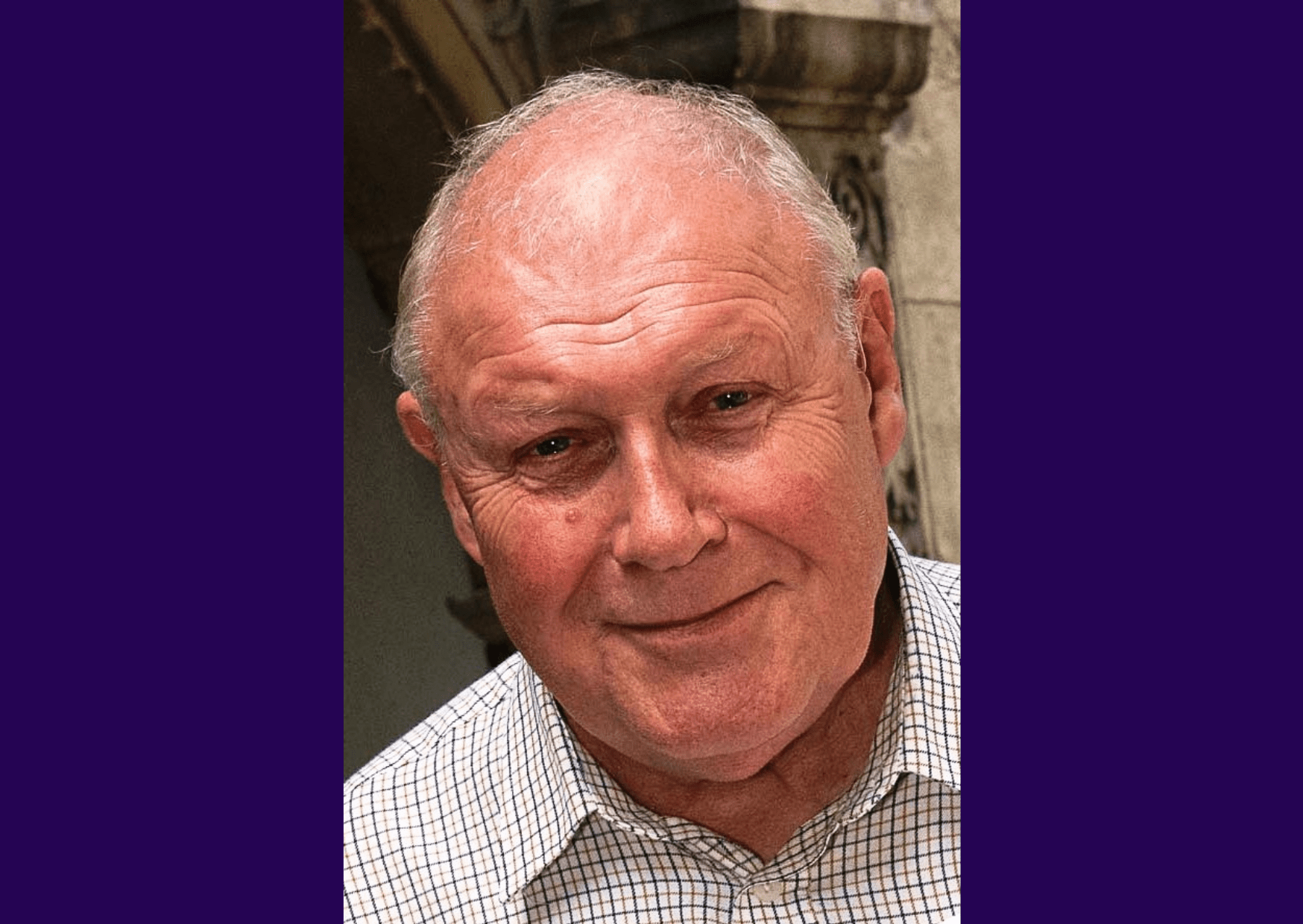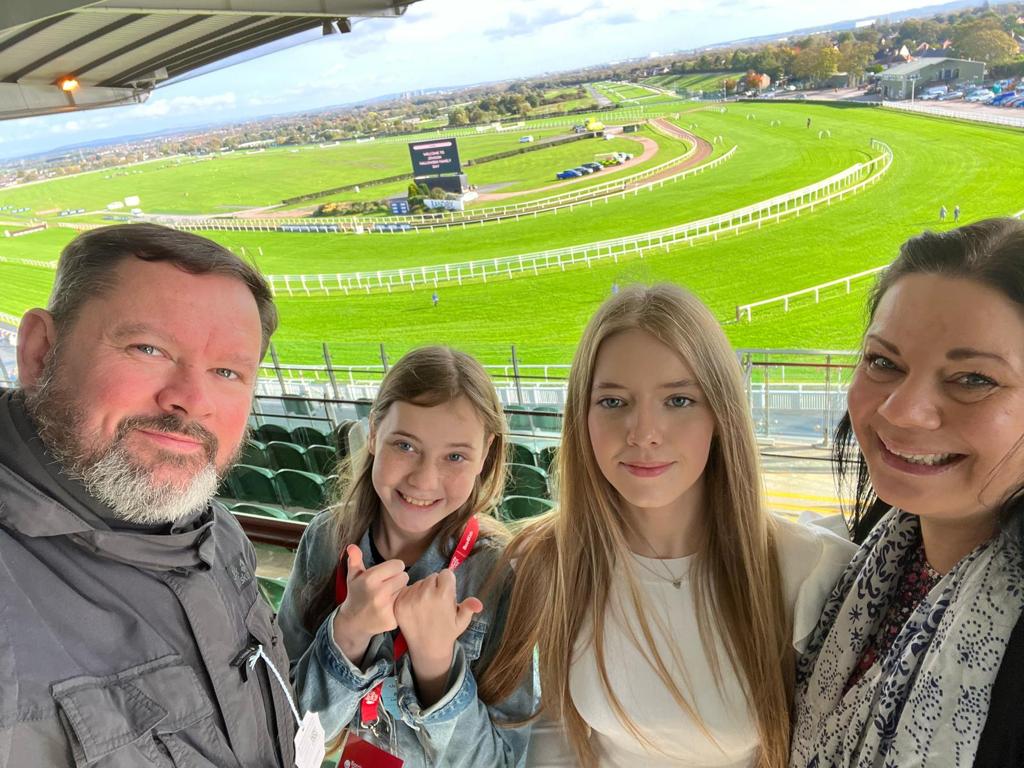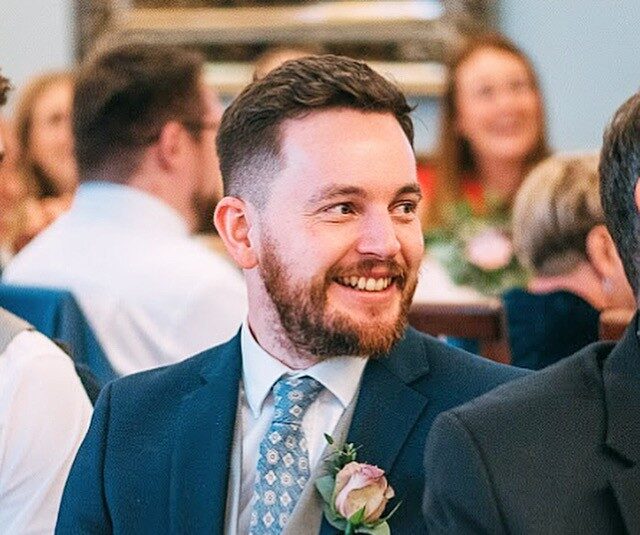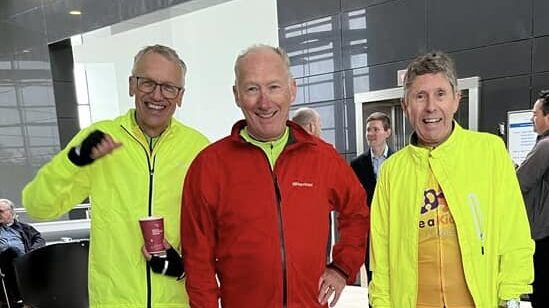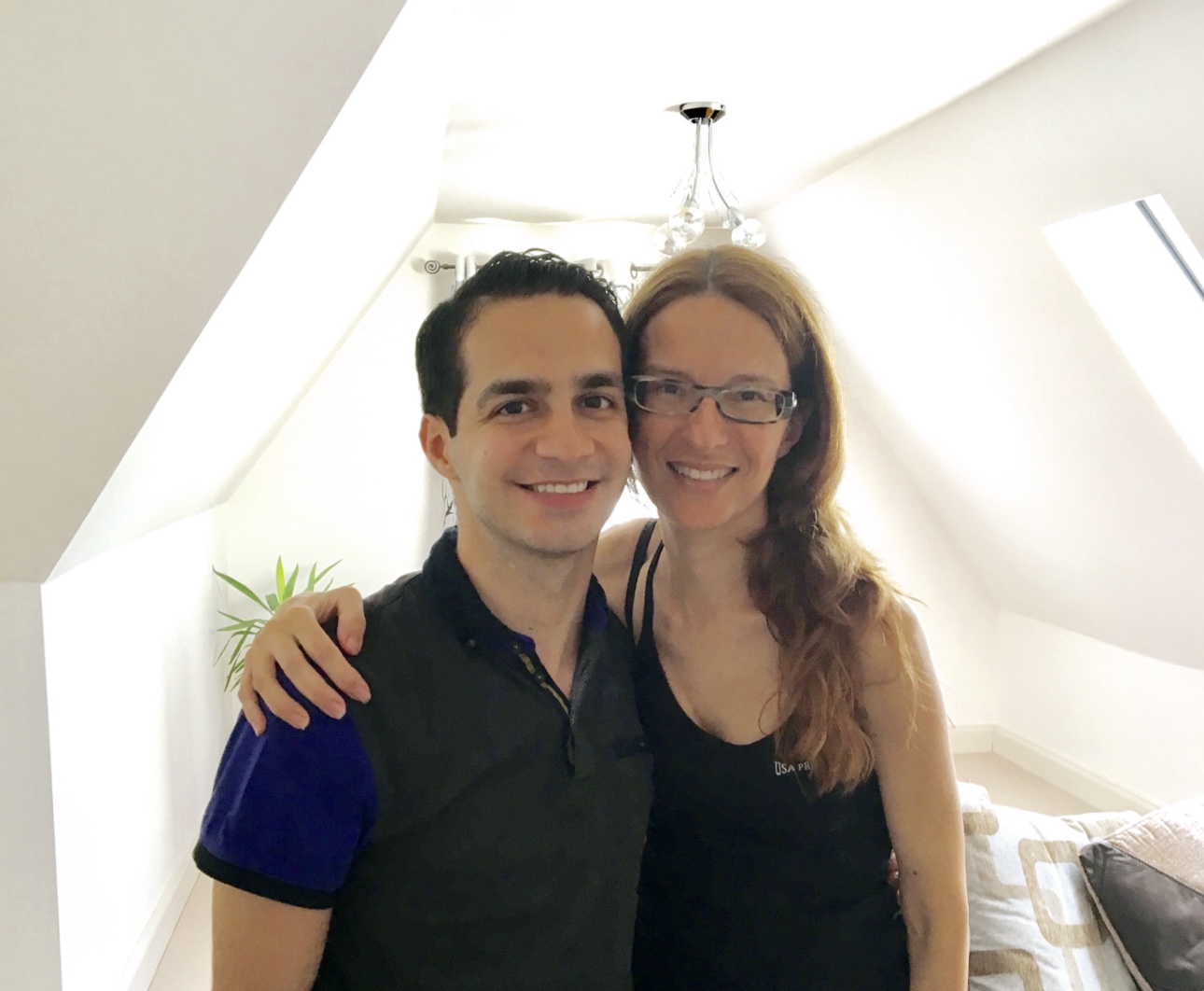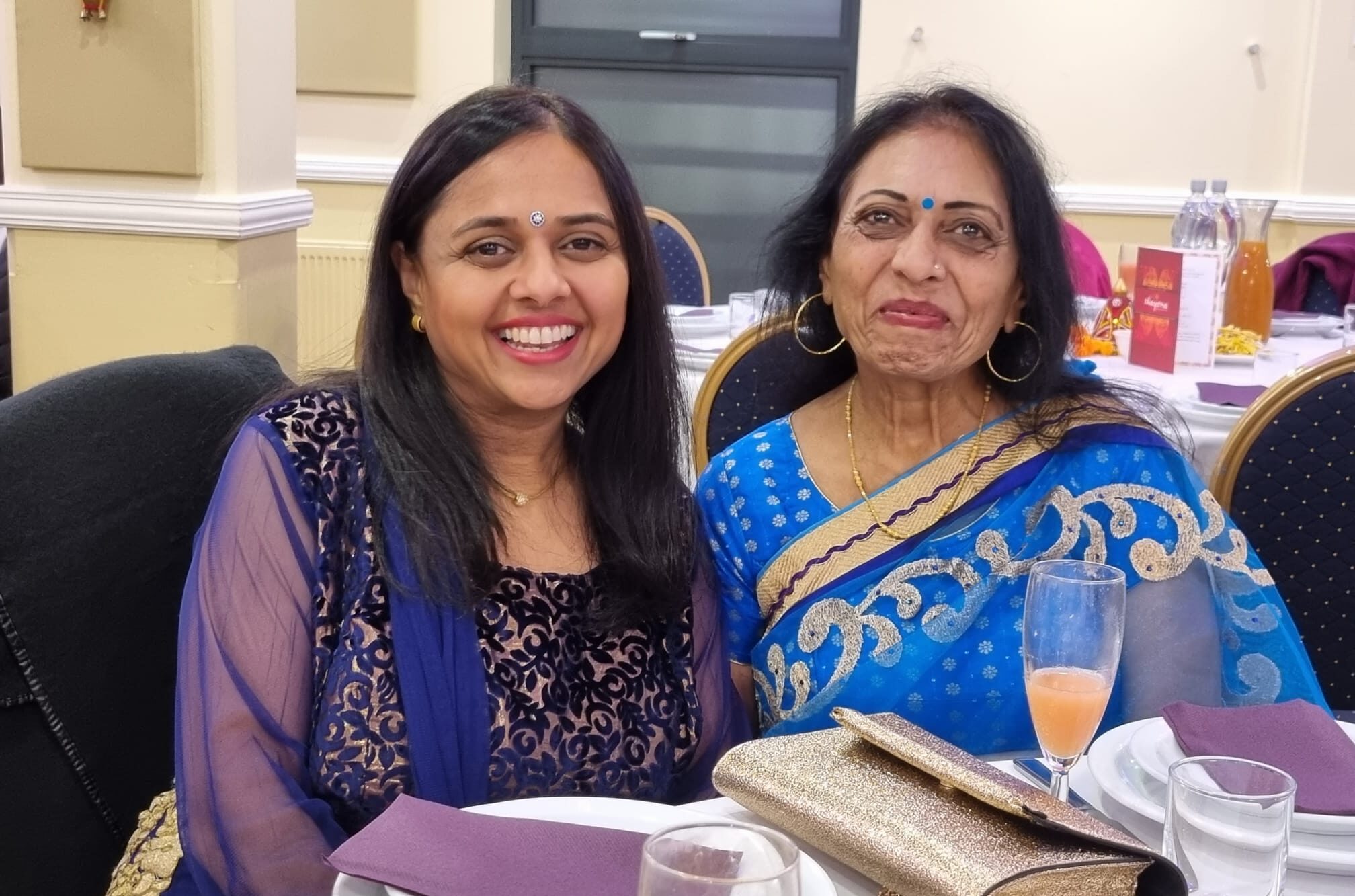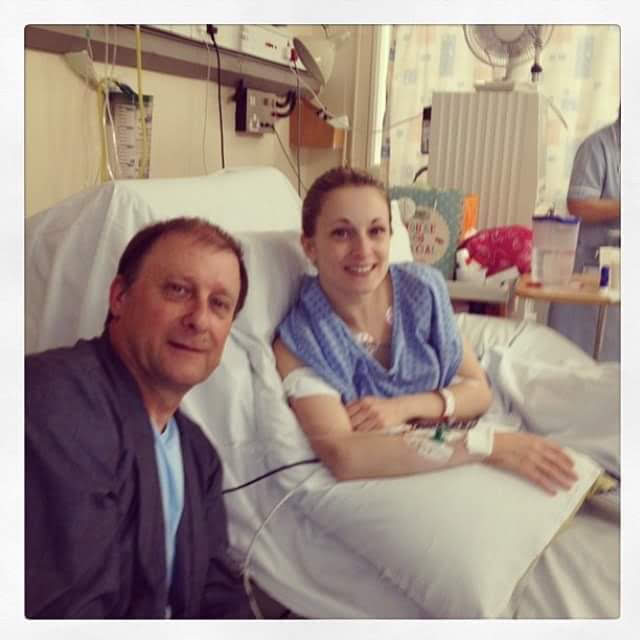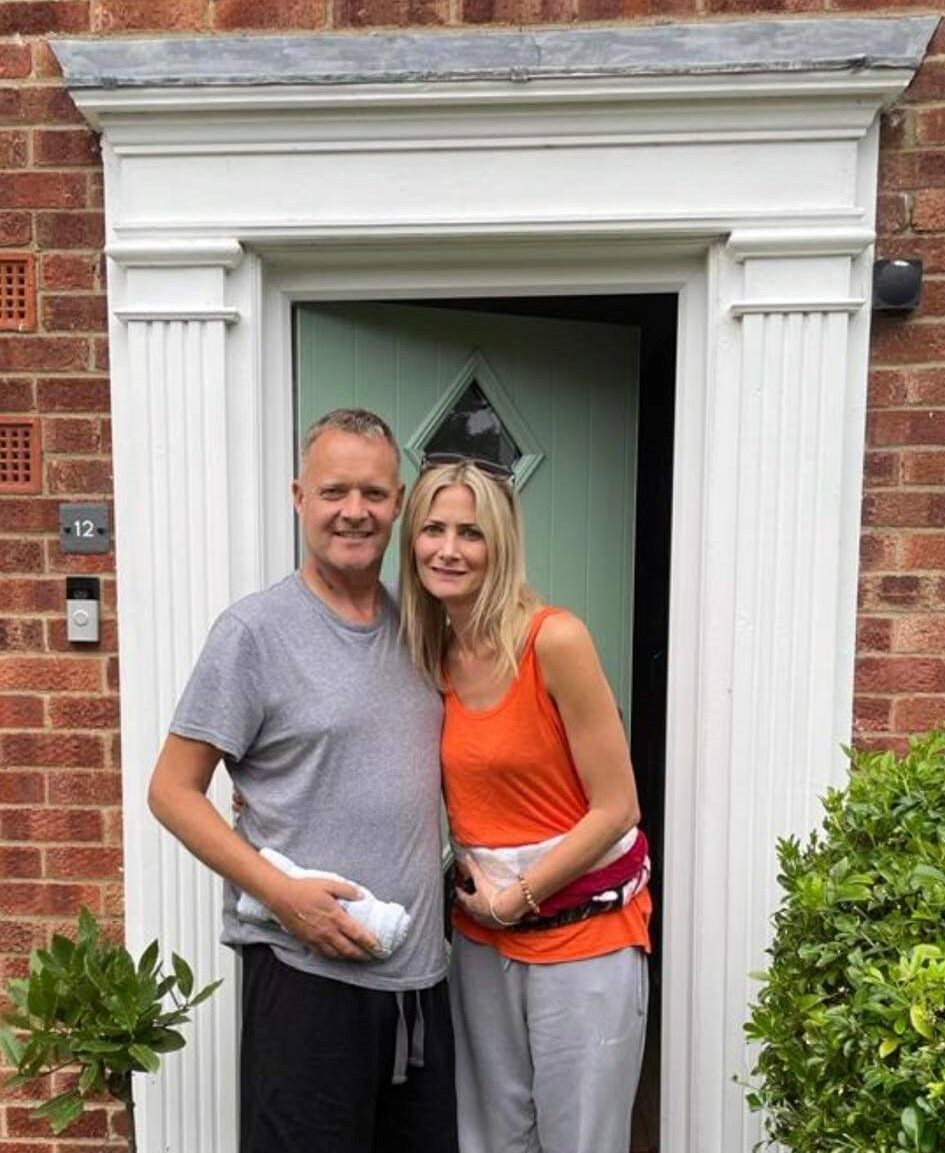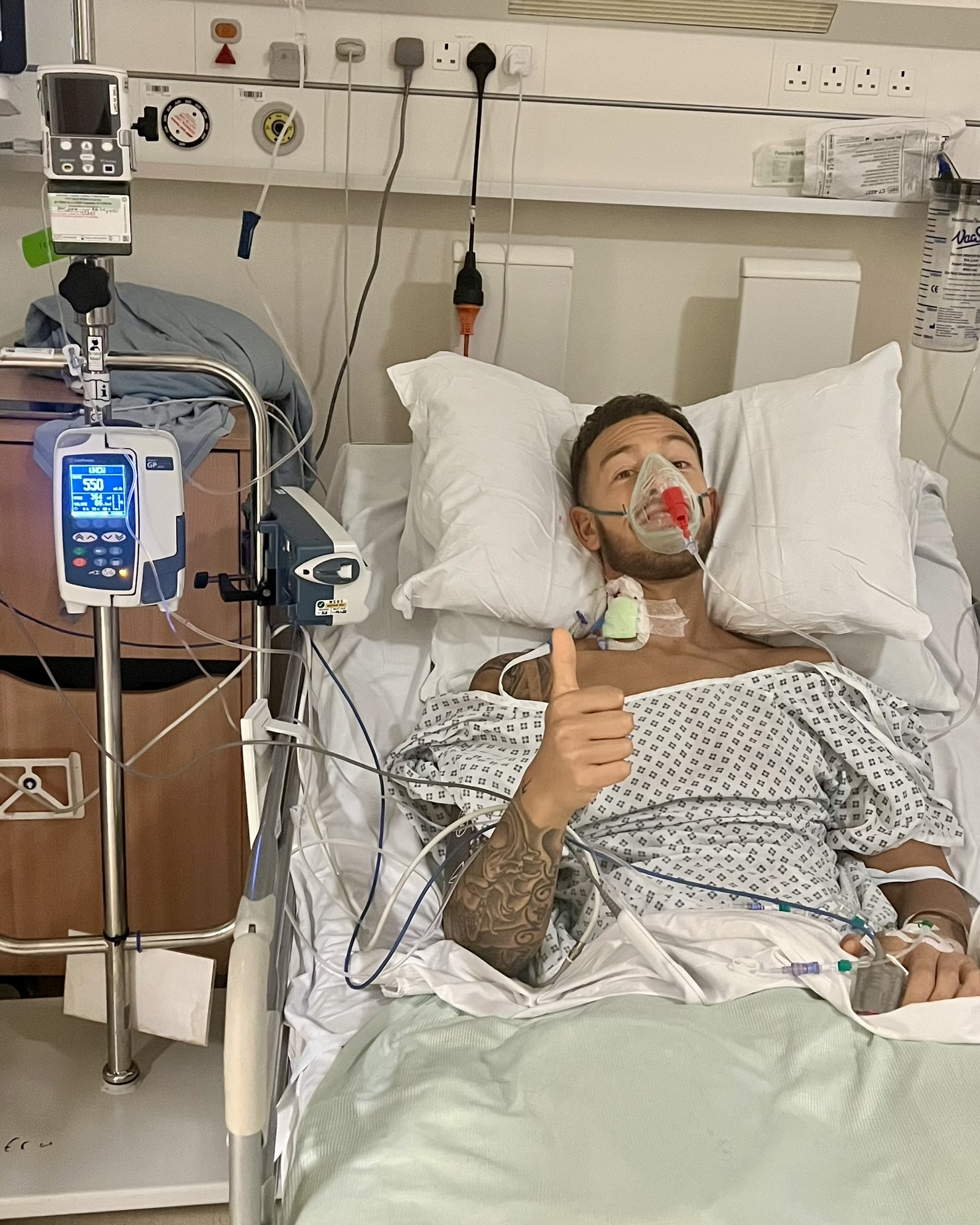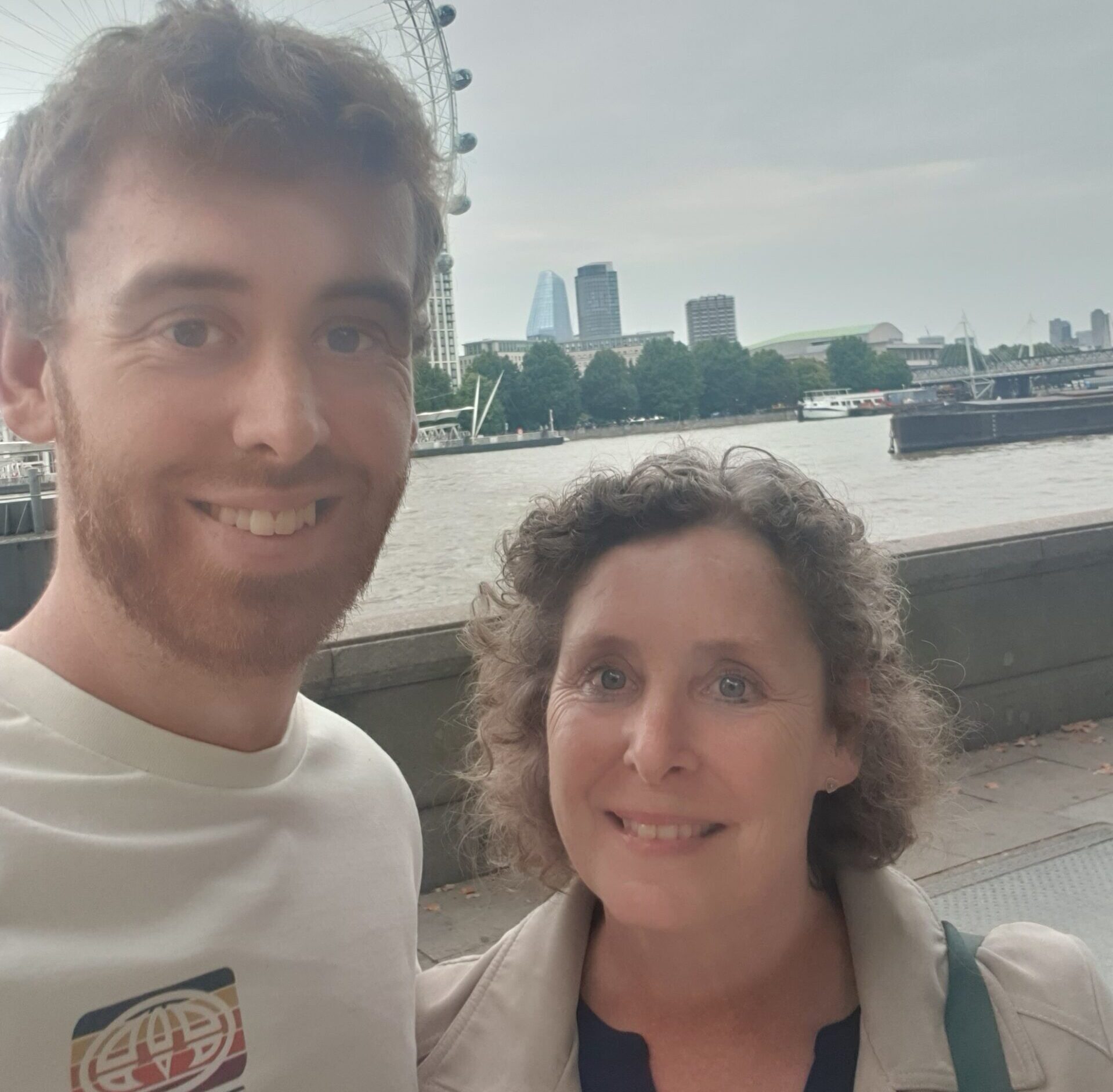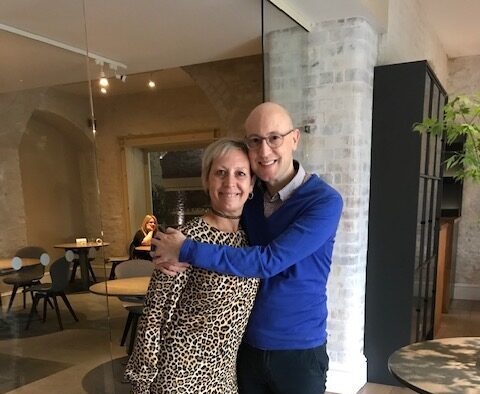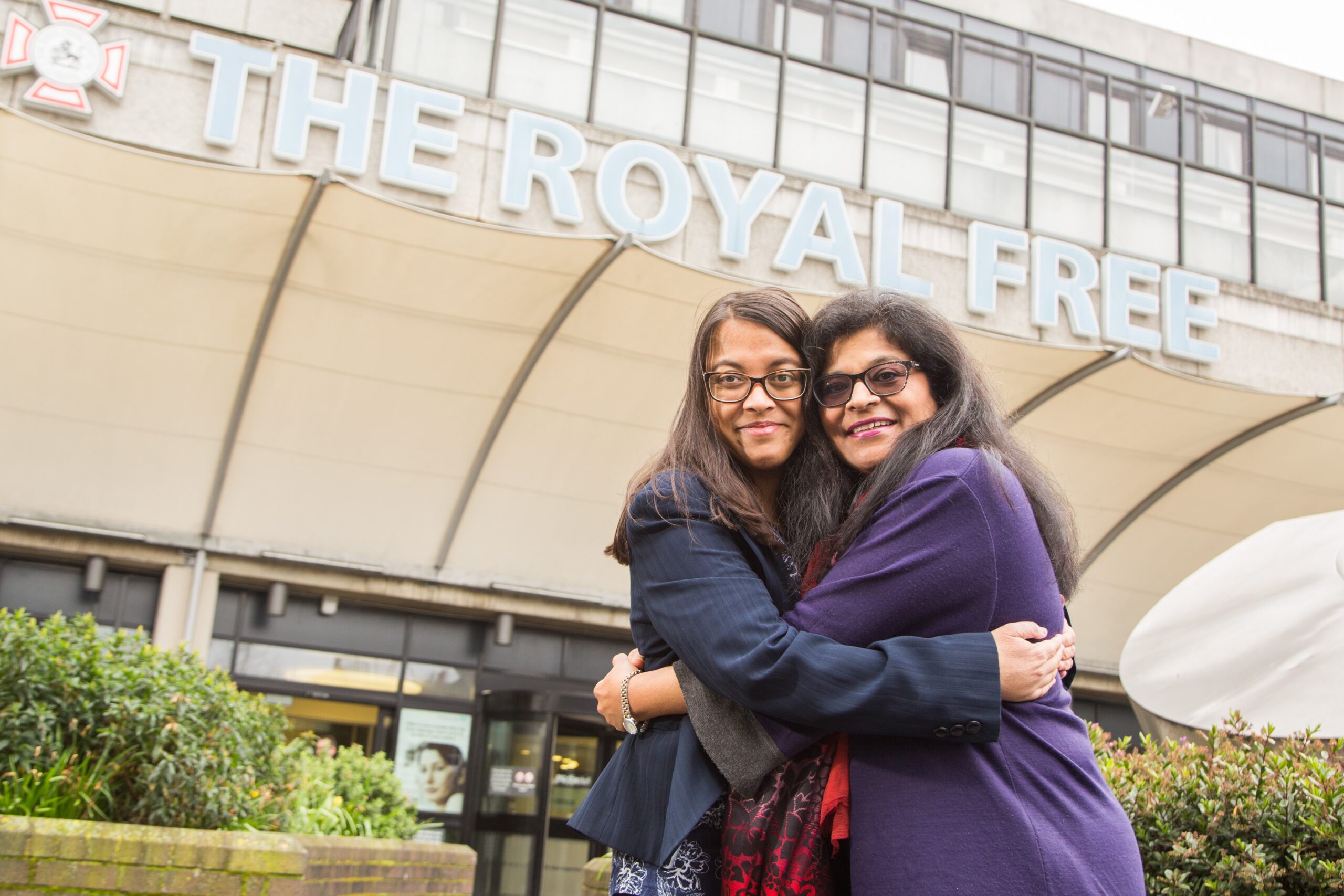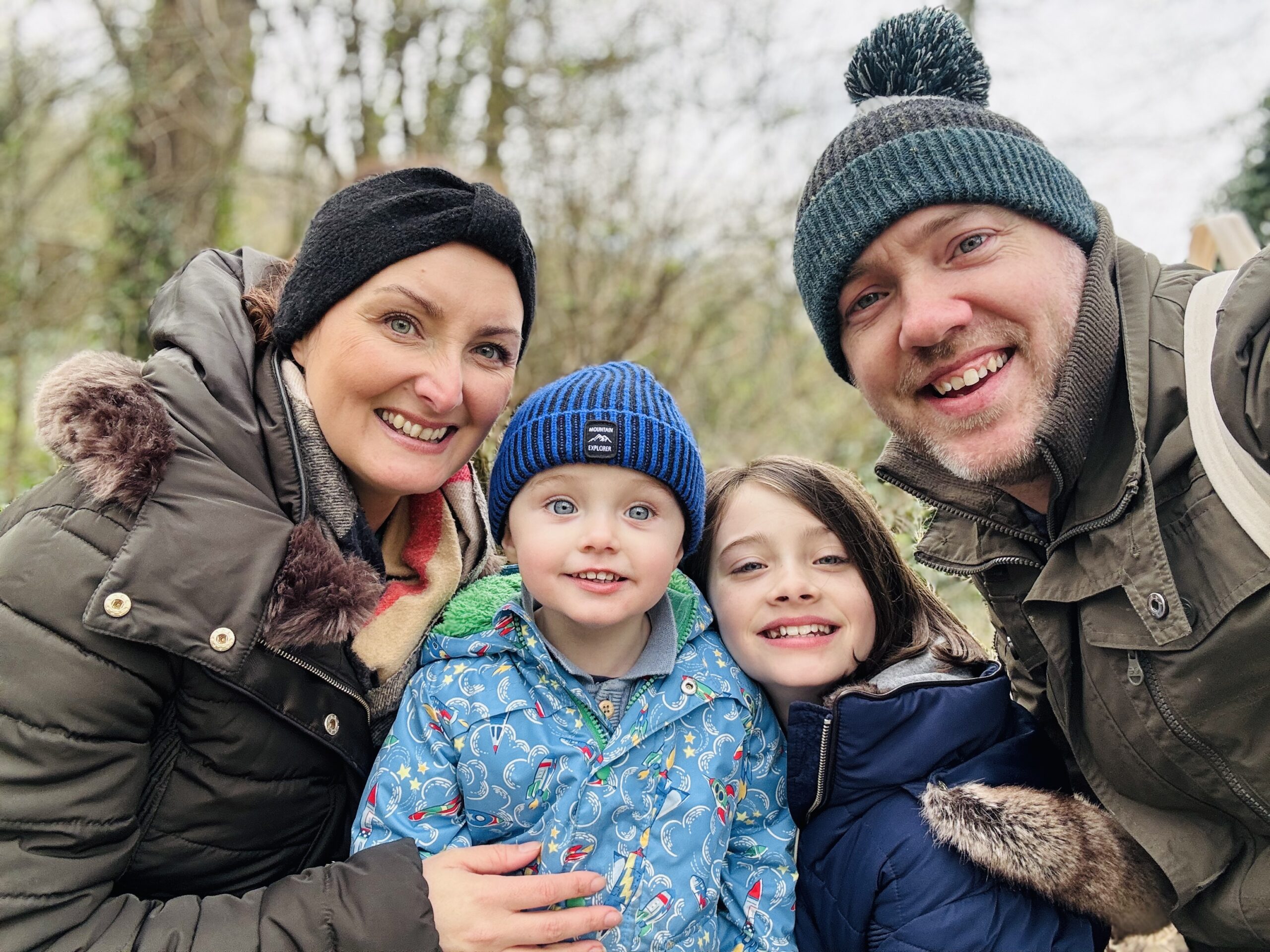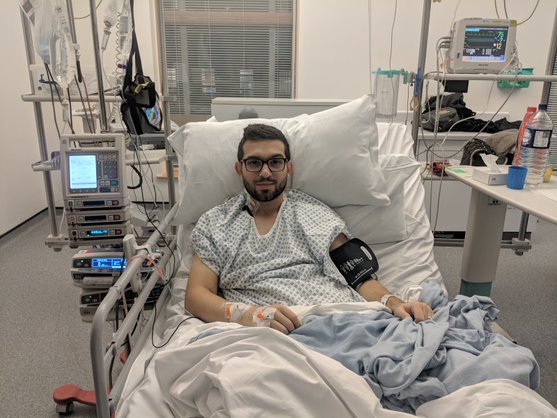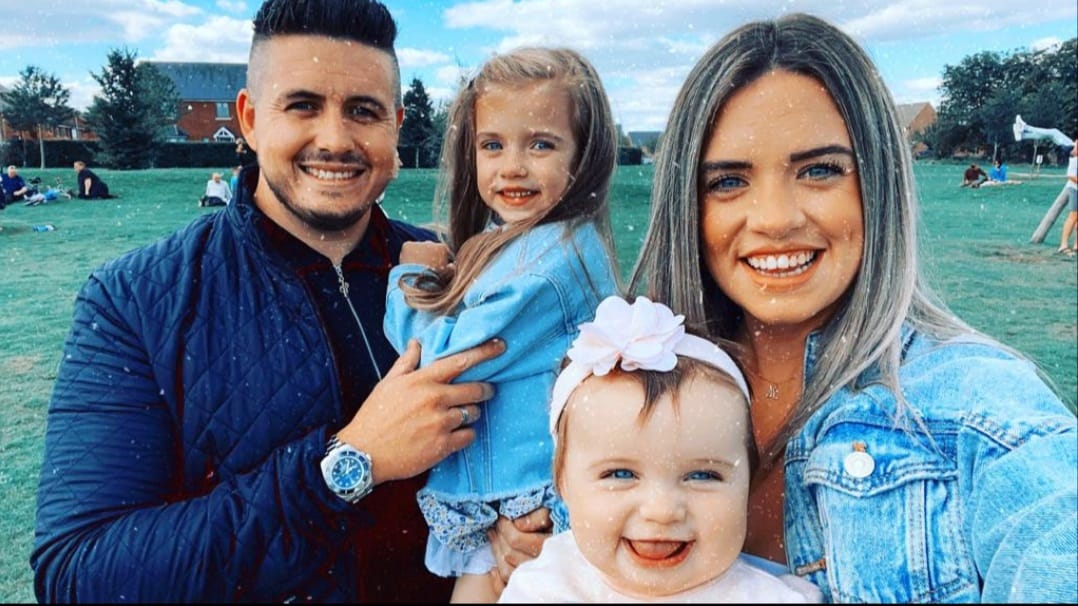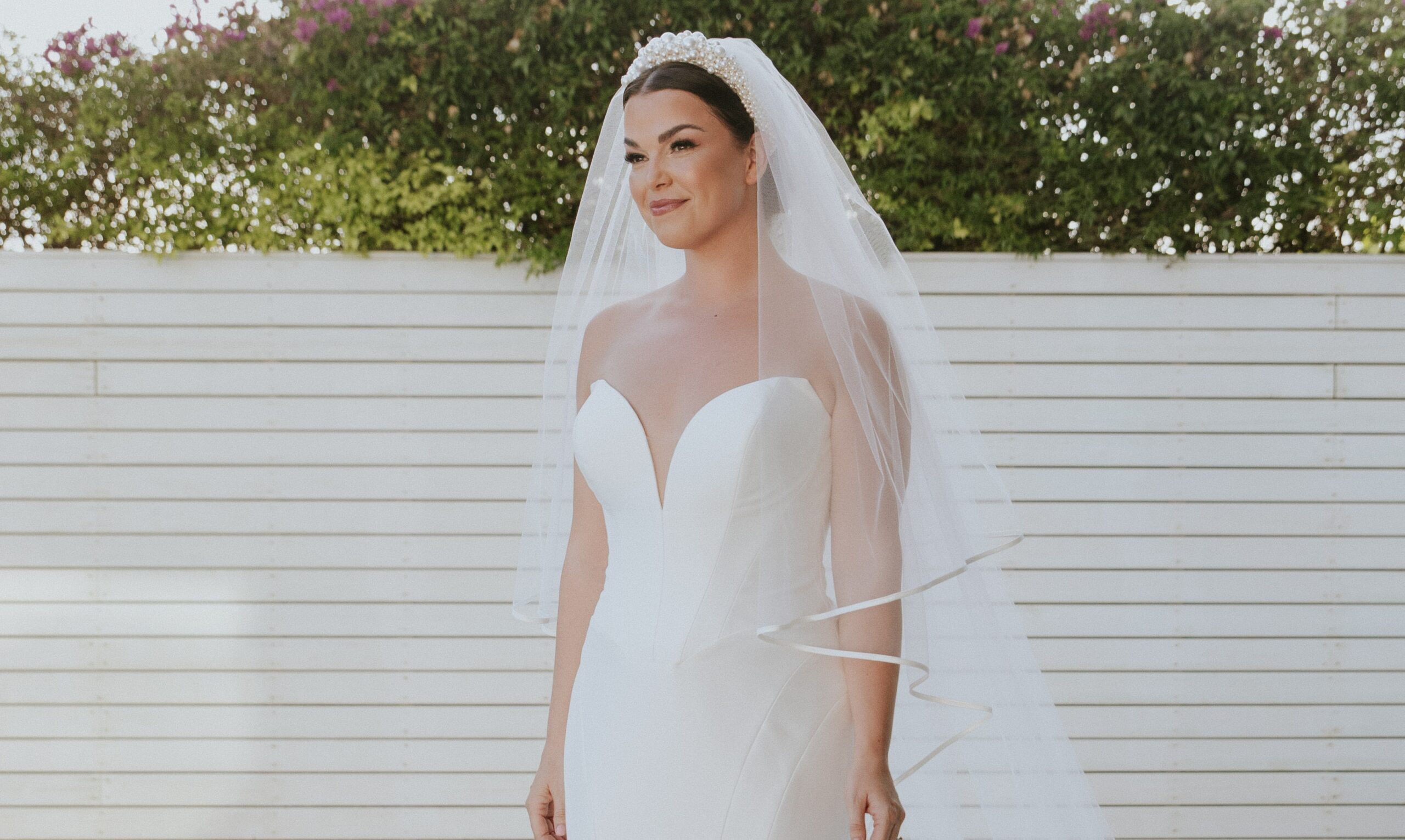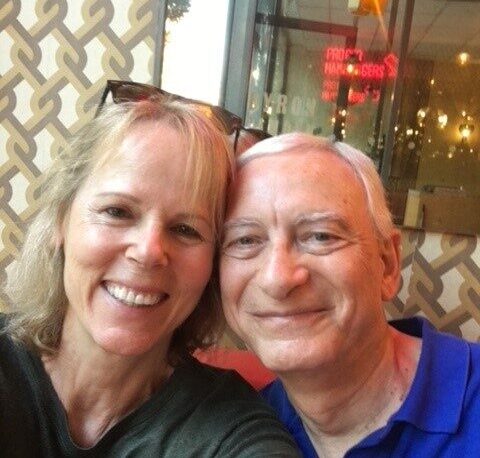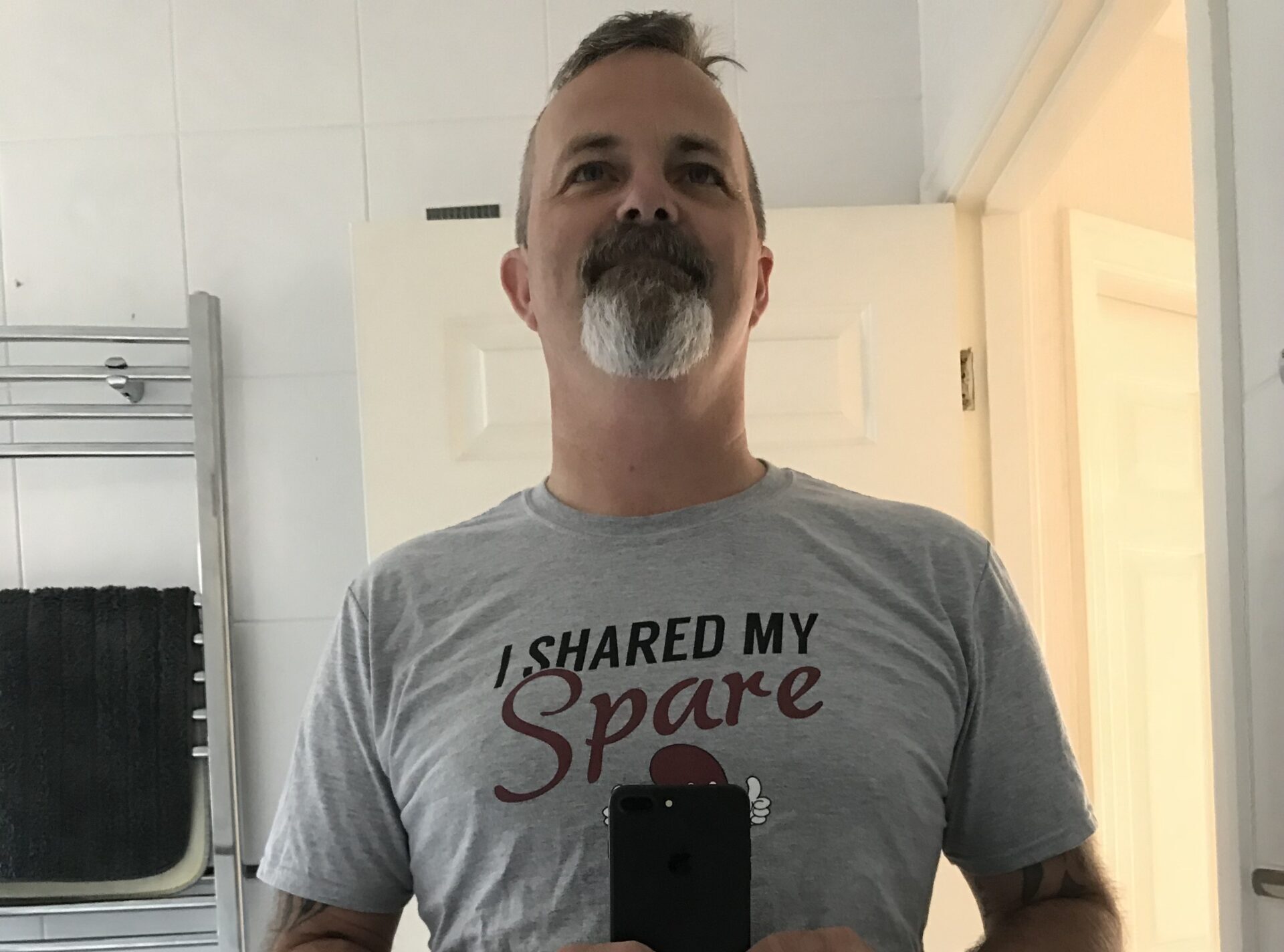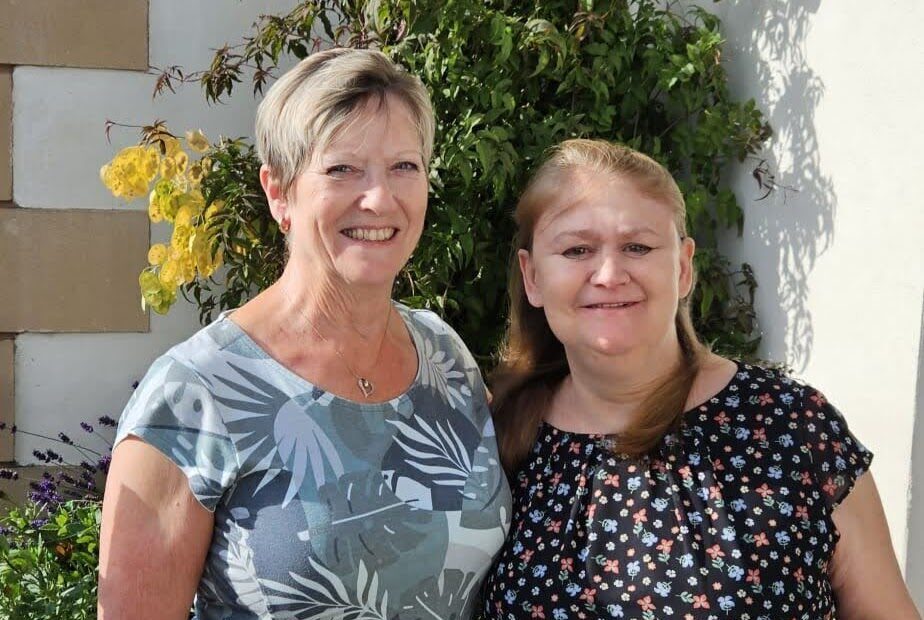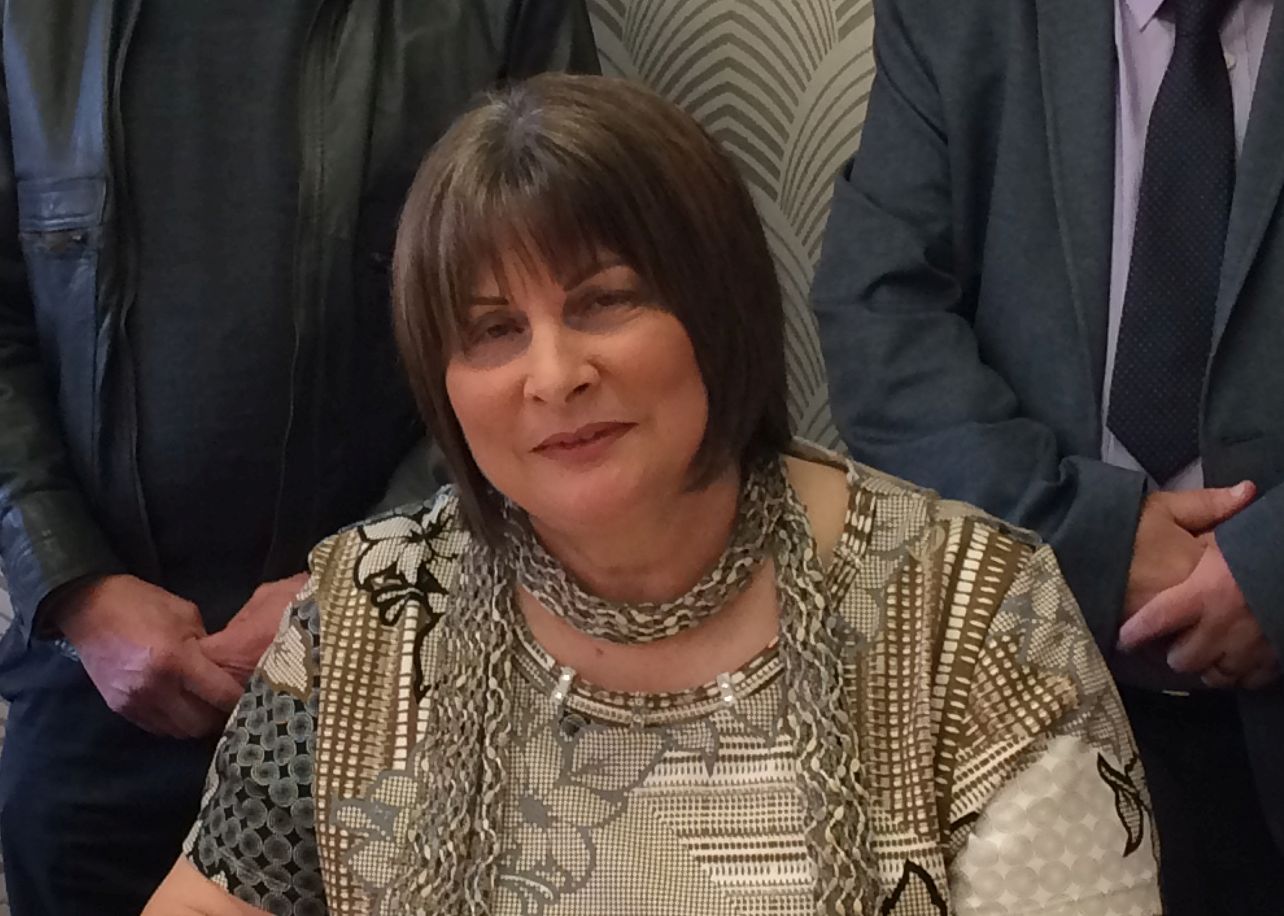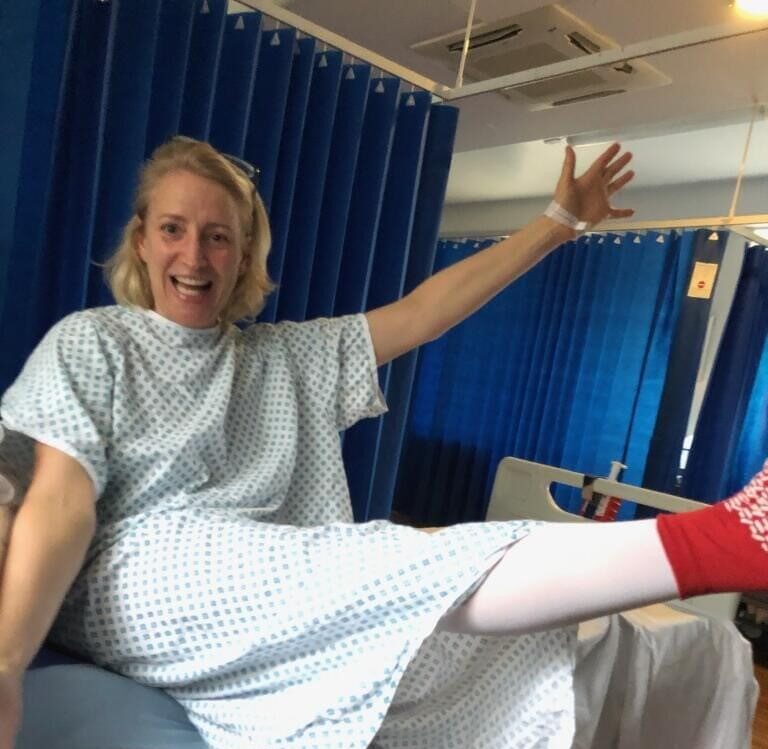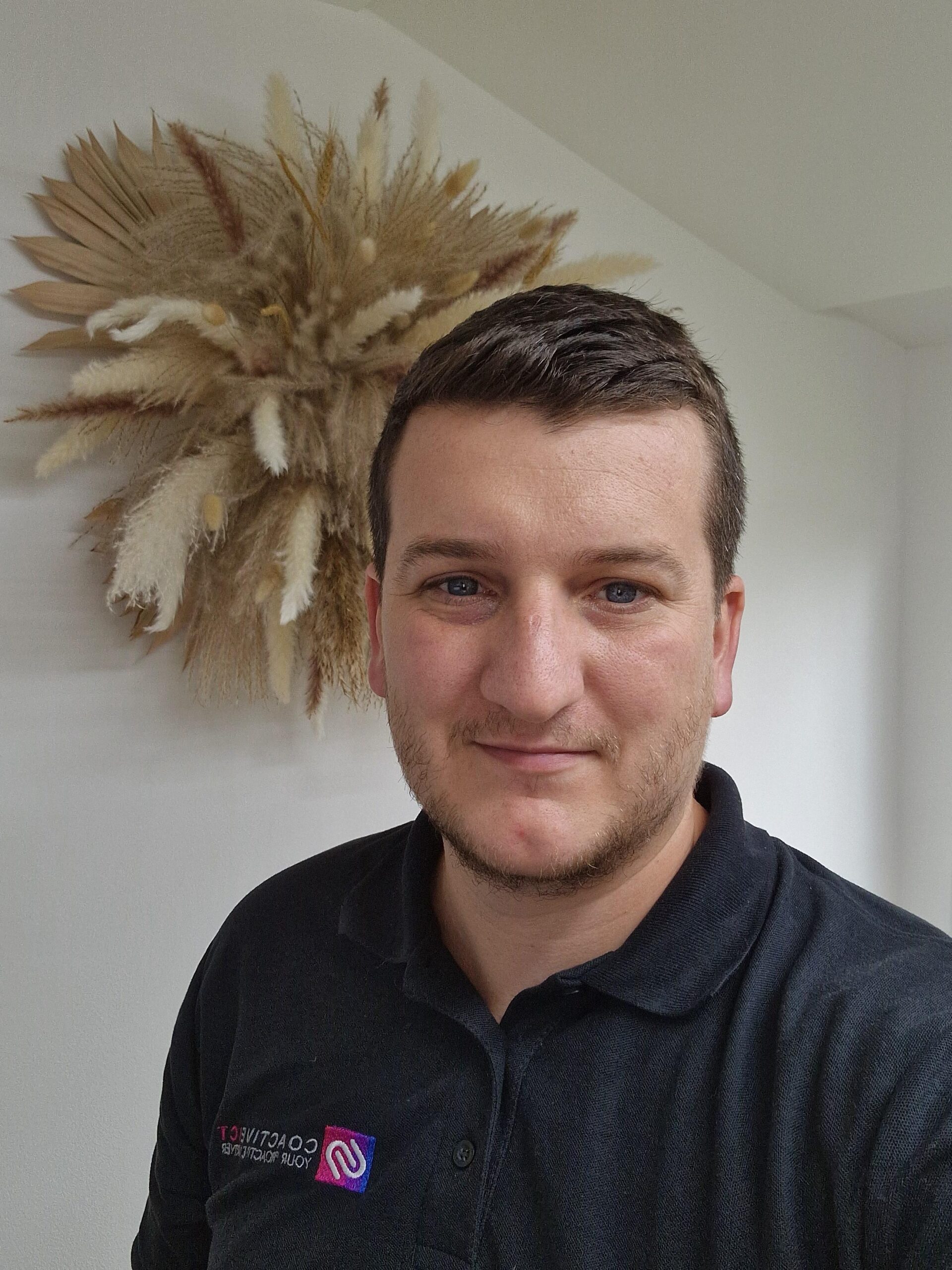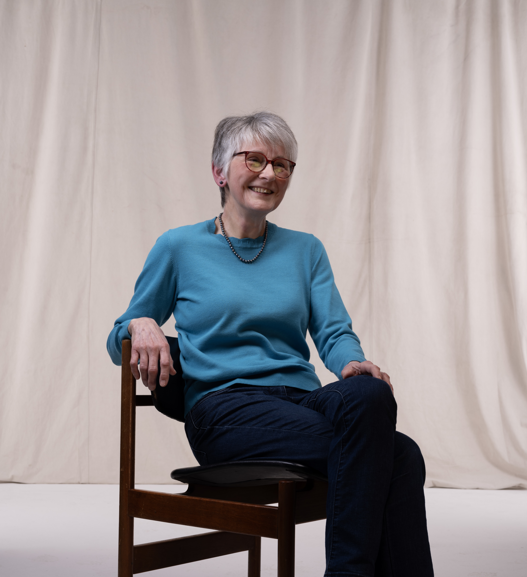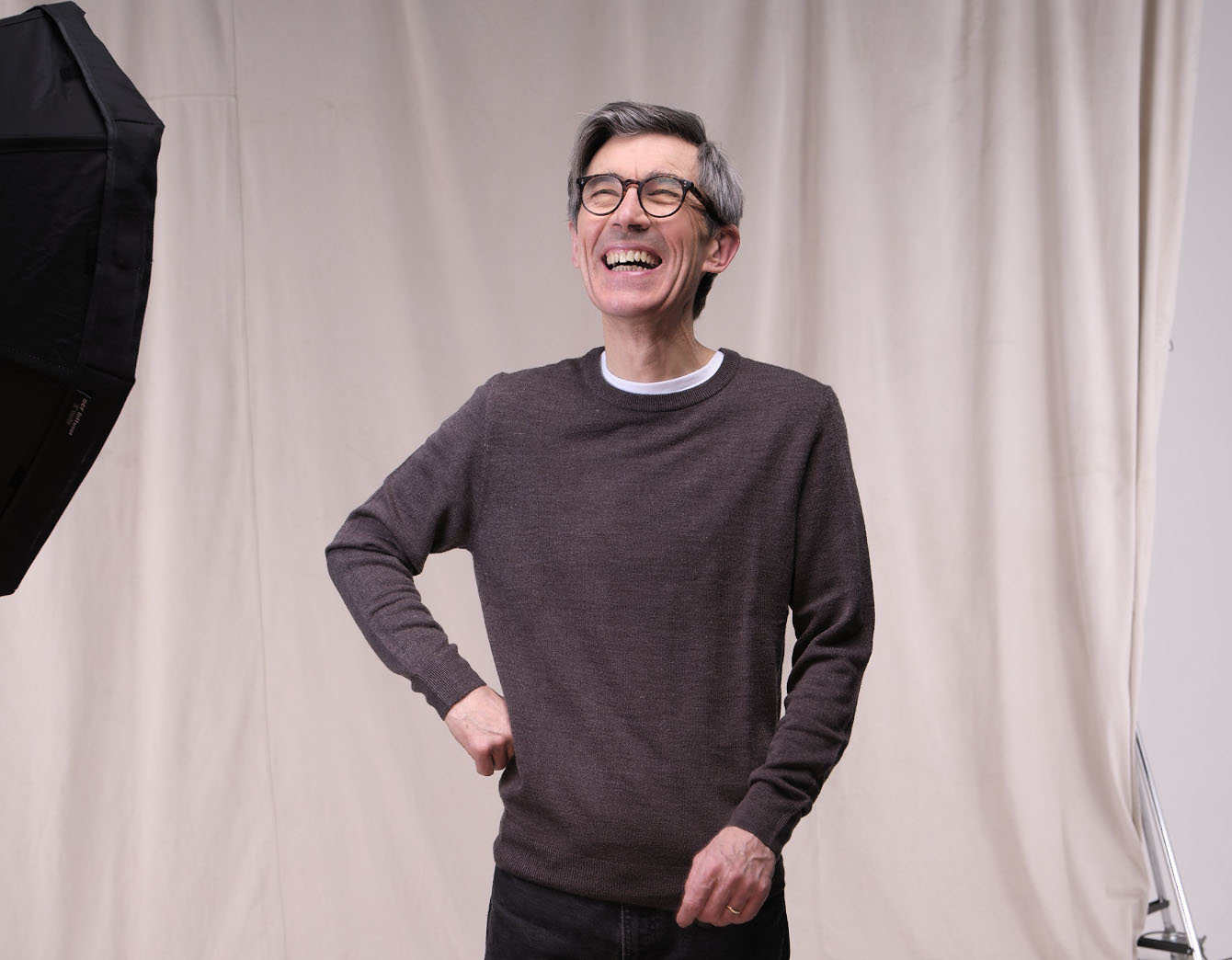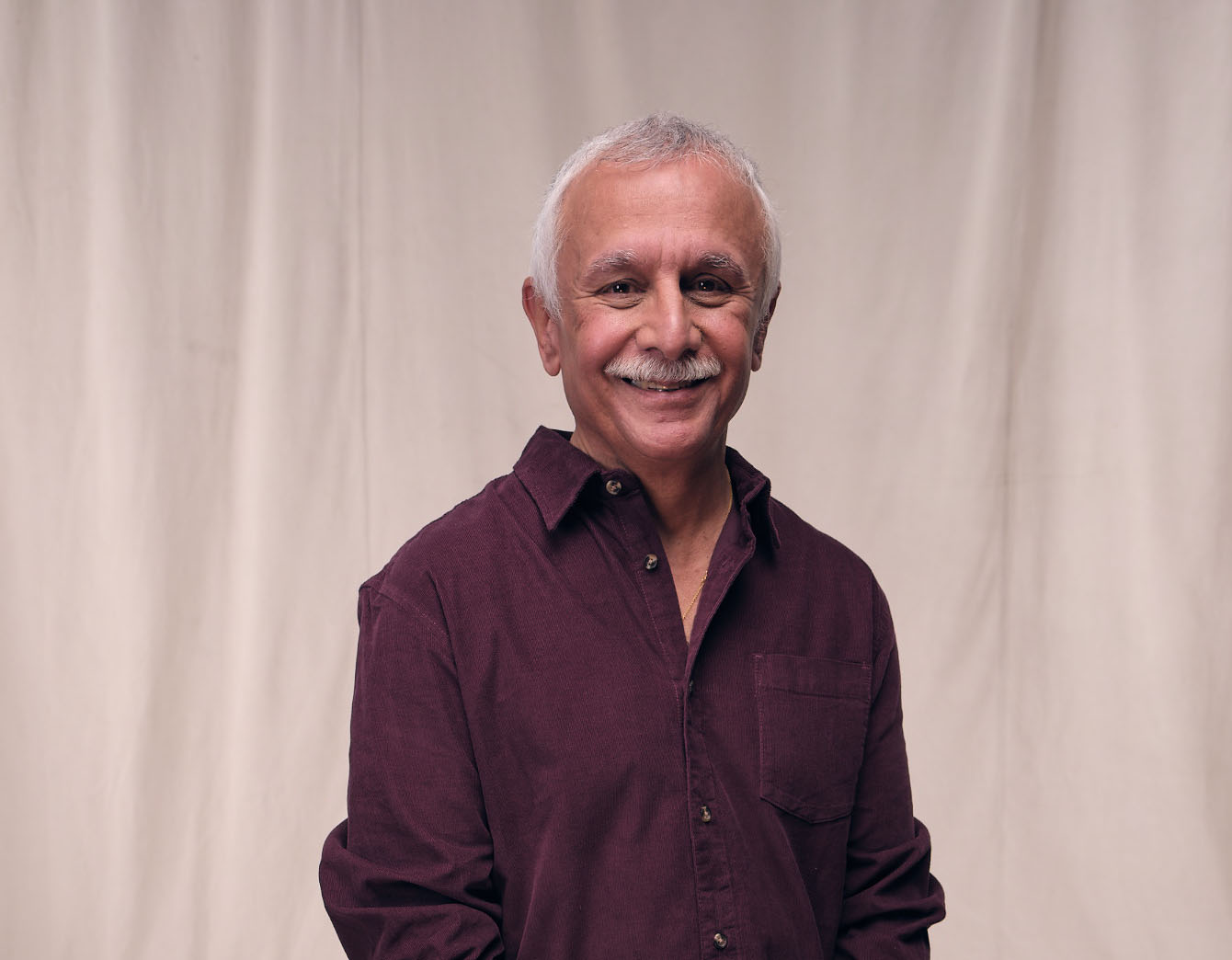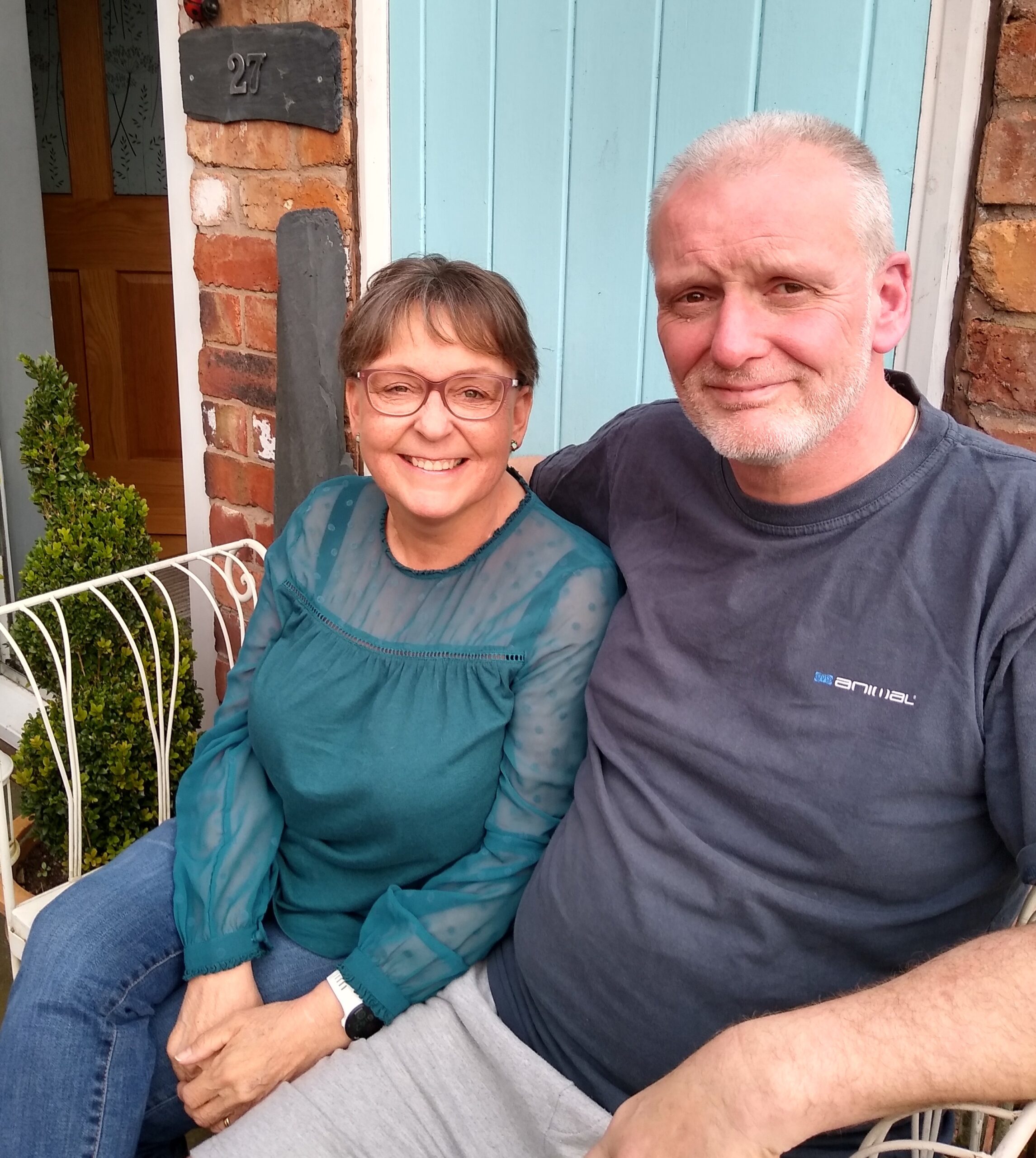Mike donated a kidney to his sister Julie as soon as he found out she was ill.
Fifteen years ago my little sister Julie telephoned to tell me not to worry but that she had developed some exotic form of renal failure (IgA nephropathy). Knowing what this meant I immediately asked if she wanted one of my kidneys. We both laughed (I thought it was a good, albeit very dark humoured joke), but after a brief pause, she replied, very seriously ‘yes’. I don’t remember how we ended the call but I knew that was the beginning of our year-long journey, which would inevitably bring us even closer together.
The brilliant, under-rated, under-staffed, under-funded and under threat NHS became our home. Not just for the few days pre and post op but for the twelve months leading up to the big day. I think Julie had the harder time, as if the endless prodding and poking, needles and syringes wasn’t bad enough, she was having to be hooked up to a dialysis machine at home for eight hours every night. I meanwhile was treated like a king – if my appointment was at 10am I was seen at 10am, no matter which of the four hospitals I happened to be at.
For almost a year we went through every conceivable test; monthly sometimes fortnightly bloods, MRI and CT scans, as well as regular fitness tests (mental, emotional and physical). They checked for undiagnosed diseases, hepatitis, aids, cancers and many more. For me the kidney function test at Barts was the worst. No food the day before then a radioactive dye injection into the bloodstream for breakfast, followed by hourly blood tests and scans for the rest of the day to gauge how both kidneys were coping. I remember feeling pretty sick for days afterwards, but thankfully the results came back showing both kidneys were working equally well and the left one had my sister’s name on it.
My nurse at the Royal London did an outstanding job of coordinating this gruelling testing regime. He was always there when I needed someone to talk to and could be relied upon to advise which one of the four hospitals I was due at next. His role was to keep me informed and to provide guidance and reassurance as well as perform blood tests. But he also had to ensure I fully understood the risks, to both of us. He would say we might be a perfect match in terms of DNA, blood and tissue type but the kidney may still be rejected after the transplant. I was marginally concerned when he would talk about statistics – apparently there was a 1 in 3,000 chance we wouldn’t even wake up from the anaesthetic. I’d be thinking about those odds as he’d continue, trying to reassure me by telling me that there had been no fatalities for decades, to which my irrational brain would conclude that they were well overdue.
But all worries were easily pushed aside whenever we were being tested together. We would keep each other’s spirits high and always had a good laugh with the nurses, usually at my expense – I almost fainted following a particular heavy bout of blood tests at New Cross. But seeing my sister was the tonic to allay all concerns. Her bravery was infectious and it was this more than anything else that meant I was in the QE kidney ward in Birmingham, saying farewell for possibly the last time as I was wheeled past her bed on my way down to the operating theatre for my laparoscopic nephrectomy.
Two hours later I awoke in the recovery room and slowly became aware of what had just happened. My elation and joy manifested in a few choice expletives. The anaesthetist had heard much worse, thankfully. She gave me some more epidural and told me to wave to my sister as she was being wheeled through to the operating theatre for the second part of the transplant. I remember waving but not actually seeing her. She later told me she’d never seen me look so bad.
My fondest memory of that day was when I called the folks later that evening to let them know we were ok. I passed the phone to my brave little sister and heard her say the words ‘Dad, it hurts…But it’s worked.’”
Fourteen years on, brother and sister are both fine, but never take their health for granted. Julie’s IgA has come out of remission a few times, and treated with very high dose steroid each time.
"Someone out there in need of a kidney has been set free and I don’t even feel any different to how I was before."
ReadA kidney donation from John's daughter meant that he is now able to enjoy time with his great granddaughter.
Read"I hope my story shows just what a wonderful, life-saving gift it is to donate a kidney."
Read"I’ve seen how donating a kidney can improve a family and give somebody back their life after years of suffering.”
Read"If I had three kidneys, I’d absolutely donate another one tomorrow, unquestionably."
Read“I’m a great believer that when you light a lamp for somebody, it will also brighten your path.”
Read"It’s now been almost 13 years since I donated, and nothing has changed in terms of my health or my lifestyle."
Read"Here was a chance to do something kind without having to wait for someone I know to need my support."
Read"Seeing how it helped my brother has made it all so, so worth it. As much as the journey was scary, it’s proven to be so rewarding."
Read“I wanted to share my kidney donation story to help build awareness of the good that we all can do to help someone worse off.”
Read“It’s amazing how a small amount of inconvenience on my part can make such a huge difference to someone else.”
Read20 years ago, David's enthusiasm for life was put to the test when he found out his kidneys were failing and he would need a transplant.
ReadAisha is determined to raise awareness of living kidney donation and encourage more people in South Asian communities to consider donating.
Read"My husband was living on dialysis, and I saw the constant reality of what that meant for him."
Read"I set myself clear goals to return to fitness and running after my kidney donation."
Read"This is me, Louise Sach, shortly after I was diagnosed with chronic renal failure."
Read"It has now been over a year since my donation. I have zero pain or discomfort, and I am entirely back to normal with nothing but a scar to remind me of my experience."
ReadRachel already knew more than she wanted to about the process of kidney donation before she gave her spare kidney to someone she didn’t know.
ReadHenry donated a kidney to his sister Helen, and has seen first-hand the difference a donation can make for someone with kidney disease.
Read“It has made absolutely no difference to my day-to-day life. My mum, however, has a life like never before.”
ReadNaomi knew she wanted to donate a kidney after learning about kidney disease and reality of life on dialysis.
ReadJoyce thought that she was too old to donate a kidney, before learning there was no upper age limit for donating.
ReadMandy donated one of her kidneys to her younger cousin Lou, who was diagnosed with kidney problems when she was two years old.
Read"I don’t consider myself to be a hero or brave. I just did what I was brought up to do – to help others."
ReadJulie worked hard to stay fit and healthy while she was preparing to donate a kidney to her nephew.
Read"At the beginning it seemed like a difficult decision to make, but since the operation I don’t have any regrets."
ReadTessa believes that donating a kidney to a stranger is one of the best decisions she's ever made.
ReadLynn was 75 when she donated a kidney altruistically. "I knew I wanted to do it if I was capable of doing so."
Read“You don’t need to be a superhero, you don’t need to be a mega star of any sort. It’s something that normal people just like me can do."
ReadLaura knew she would donate a kidney to her sister if she needed it. When the time came, she found the process absolutely worth it.
ReadMatt's dream of joining the police was shattered by an unexpected diagnosis of kidney disease, but his mother's kidney donation allowed him to thrive and pursue new dreams.
Read"I've learnt a lot about myself and my own health – I would do it again in a heartbeat (if I had another kidney to spare!)"
Read"I believe that if you are in a position to help someone else less fortunate than yourself, then you should do so."
ReadEvery kidneyversary deserves a celebration, but in 2024 Elaine marked a particularly poignant milestone – 10 years since she donated a kidney to her eldest daughter.
Read"I feel immeasurably better in myself knowing I have been able to give my brother the gift of a healthy life."
ReadDennis is keen to show people that you can still live your life as normal and achieve great things after donating a kidney.
ReadWhen Ali heard that a former colleague was waiting for a kidney transplant, he knew within minutes that he would offer one of his.
Read"My mum needed a kidney, and I didn’t need both of mine. When I heard that, I didn't have any hesitation."
ReadKathryn faced life-changing kidney failure after being diagnosed with the rare disease, IgA vasculitis.
ReadMarianne has seen first hand the benefits that kidney donation can bring to a family, and feels blessed that she was able to donate a kidney to her brother.
ReadBen felt drained by kidney disease for over 12 years before his cousin gave him a second chance at life by donating his kidney.
ReadJulie donated to her son and knows first hand that donating an organ doesn’t just save a person. It saves a family.
ReadAnne donated into the UK Living Kidney Sharing Scheme so that her brother could receive a kidney transplant.
Read"Within both the Jain and Hindu faiths benevolence to others is supposed to be a key principle. What could be a greater act of benevolence than transforming someone’s life by giving them part of yourself?"
Read"If I had more Kidneys to give, I'd be donating to anyone who needed one."
ReadTrainee teacher Mark is grateful for the life-saving kidney transplant from his brother that put him back on track for life and his career.
ReadSheldon & Hayley watched their daughter Daisy-May go from a shock diagnosis of kidney failure to dialysis, then transplant, in an emotional rollercoaster lasting 16 months.
ReadMy donor gave me a life to live for. I have done things I had never considered doing whilst on dialysis.
Read"If I had another kidney to spare, I would donate in a heartbeat. It was life changing for my husband, and for me as a person."
ReadDavid is just an average Joe. A motorcycling, 54-year-old father and grandfather. And 6 years ago, he donated one of his kidneys to someone who needed it more than he did.
Read40 years ago, Kathleen donated one of her kidneys to Cheryl, who was just five years old at the time.
Read"Giving a small part of me that I didn’t need to someone else would make little difference in my life, but a huge difference in theirs – it was an easy decision for me to make."
ReadLiz's family struggled at first with her determination to donate her kidney to someone unrelated to her.
Read"I donated a kidney to my dad 10 years ago, aged 25. To me, it was a no brainer."
ReadSarah had seen the life-changing difference donating a kidney could have, and immediately knew it was something she wanted to do.
ReadI would not feel as comfortable in my own skin as I do now if I had not donated my kidney.
ReadPete’s kidney gave me my life back and gave my son Edward a mum with energy and vitality.
ReadWhether you’ve already decided to donate a kidney, or you are interested in finding out more about the process and what it involves, we’re here to answer any questions you might have.
